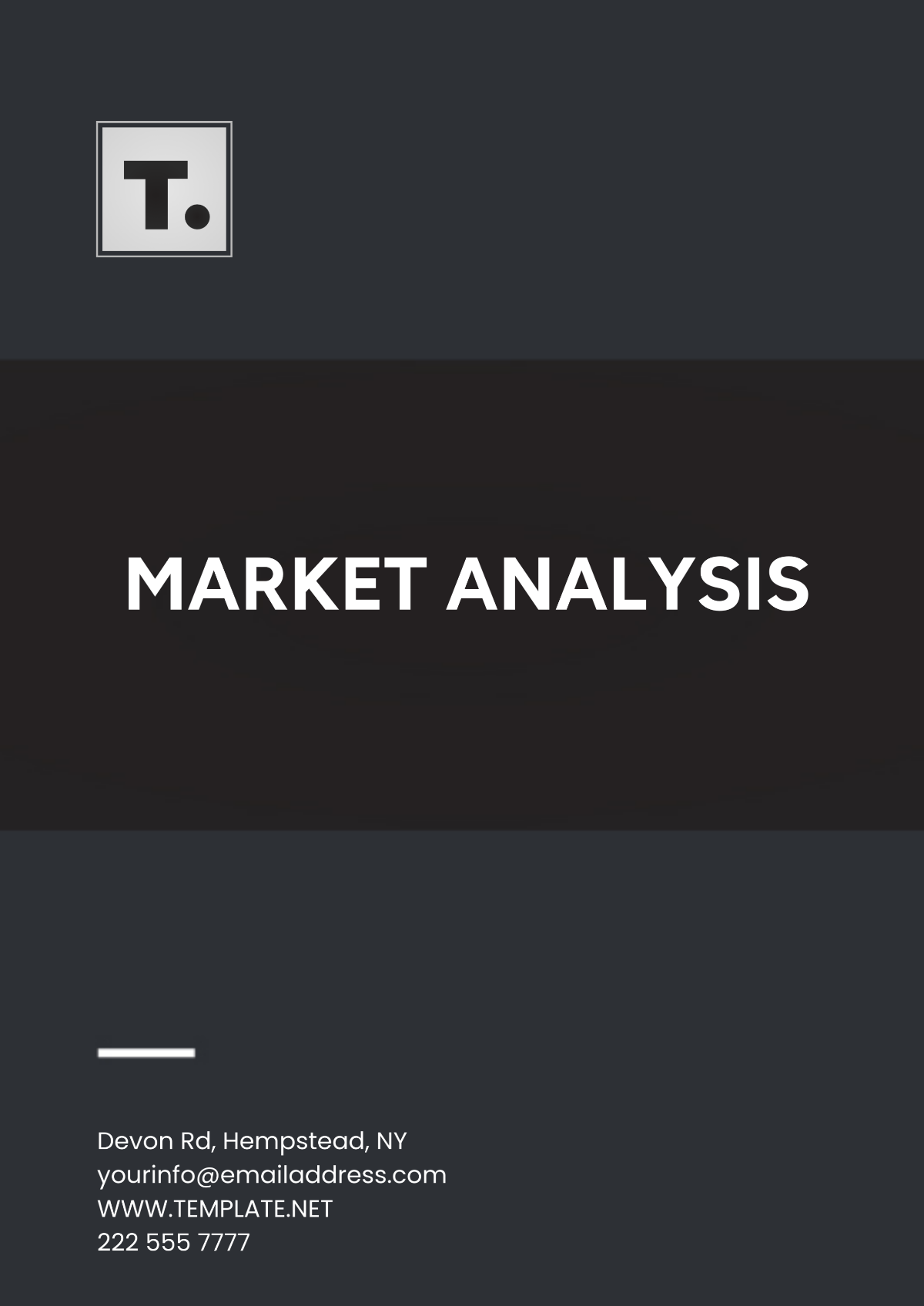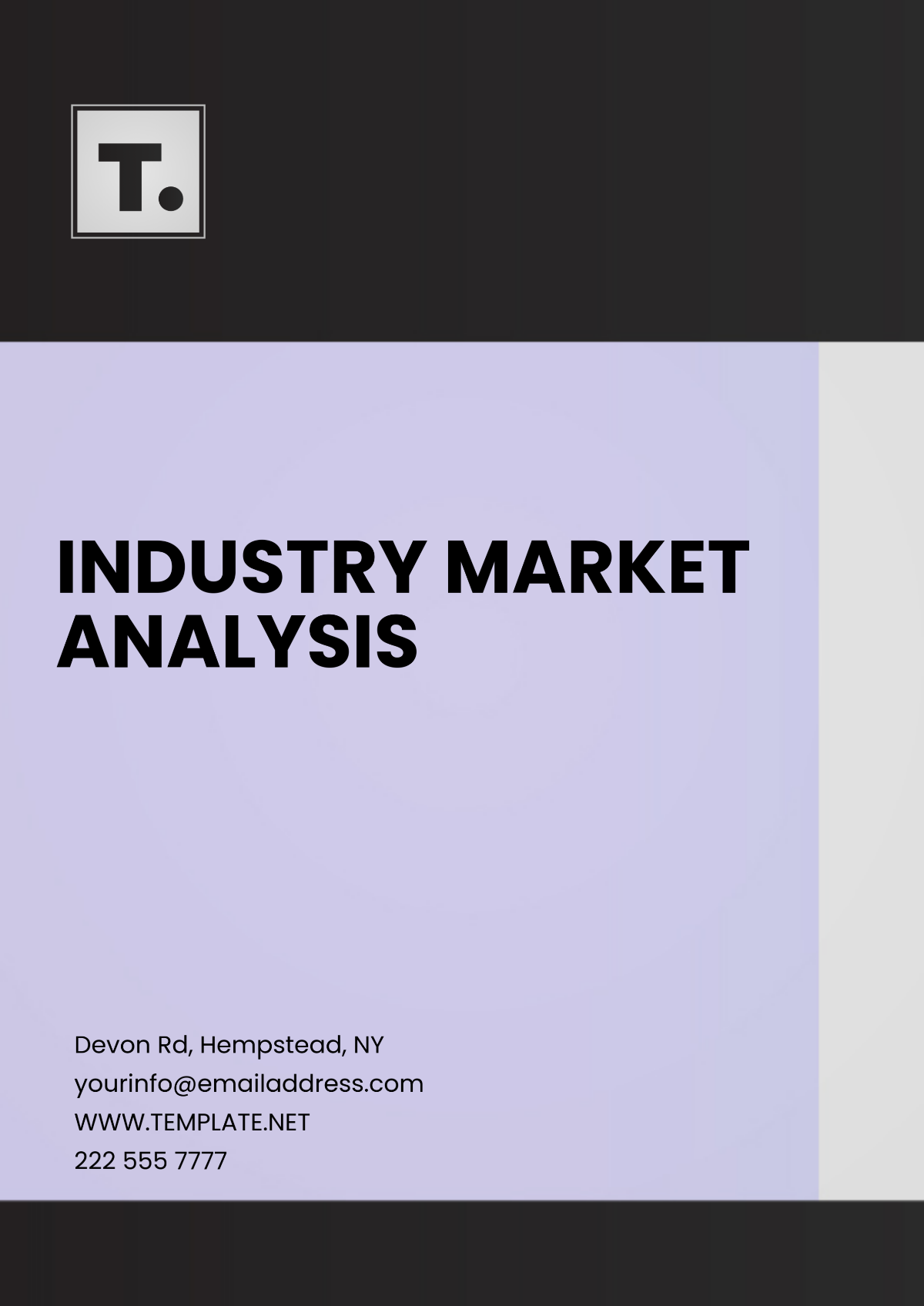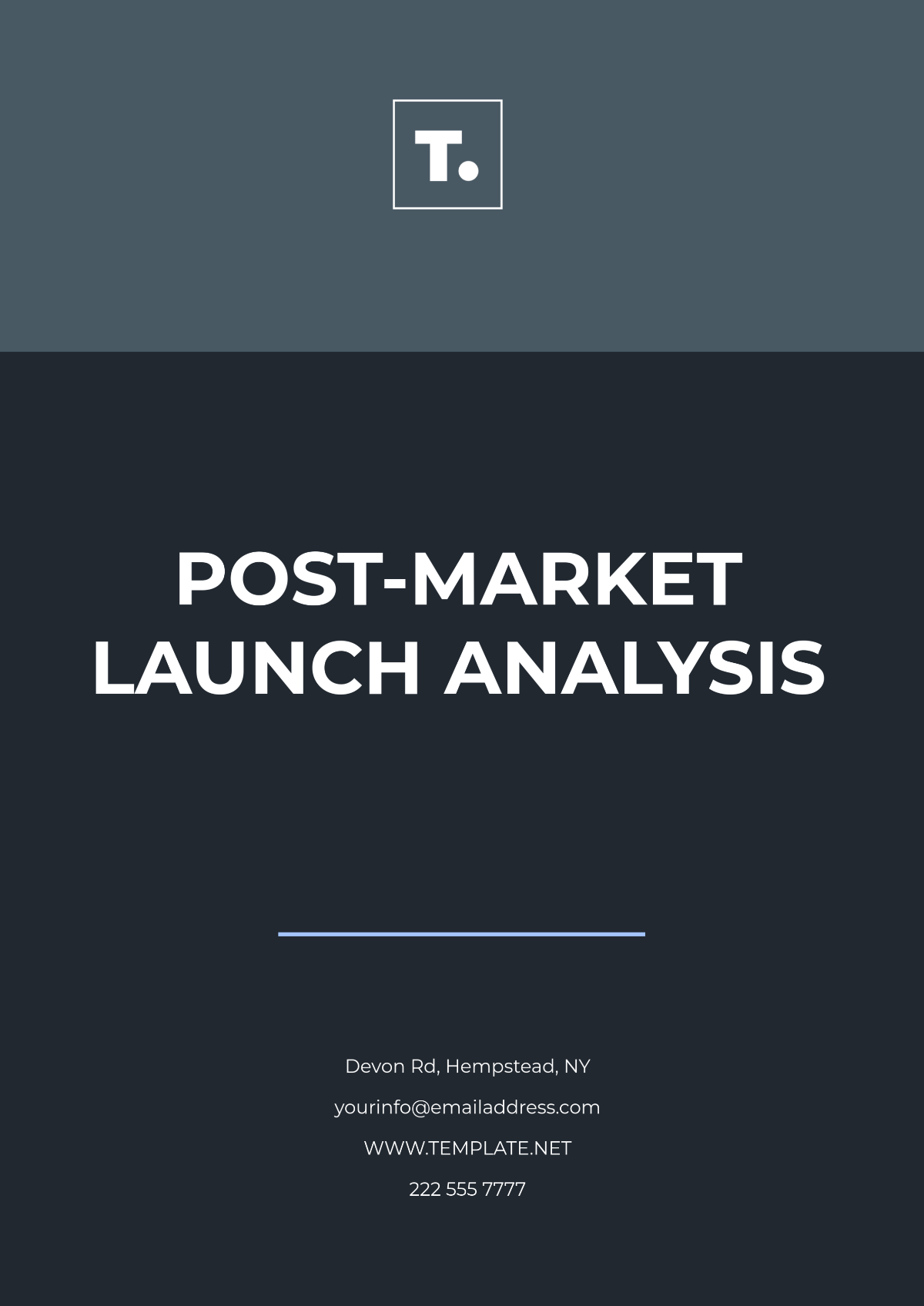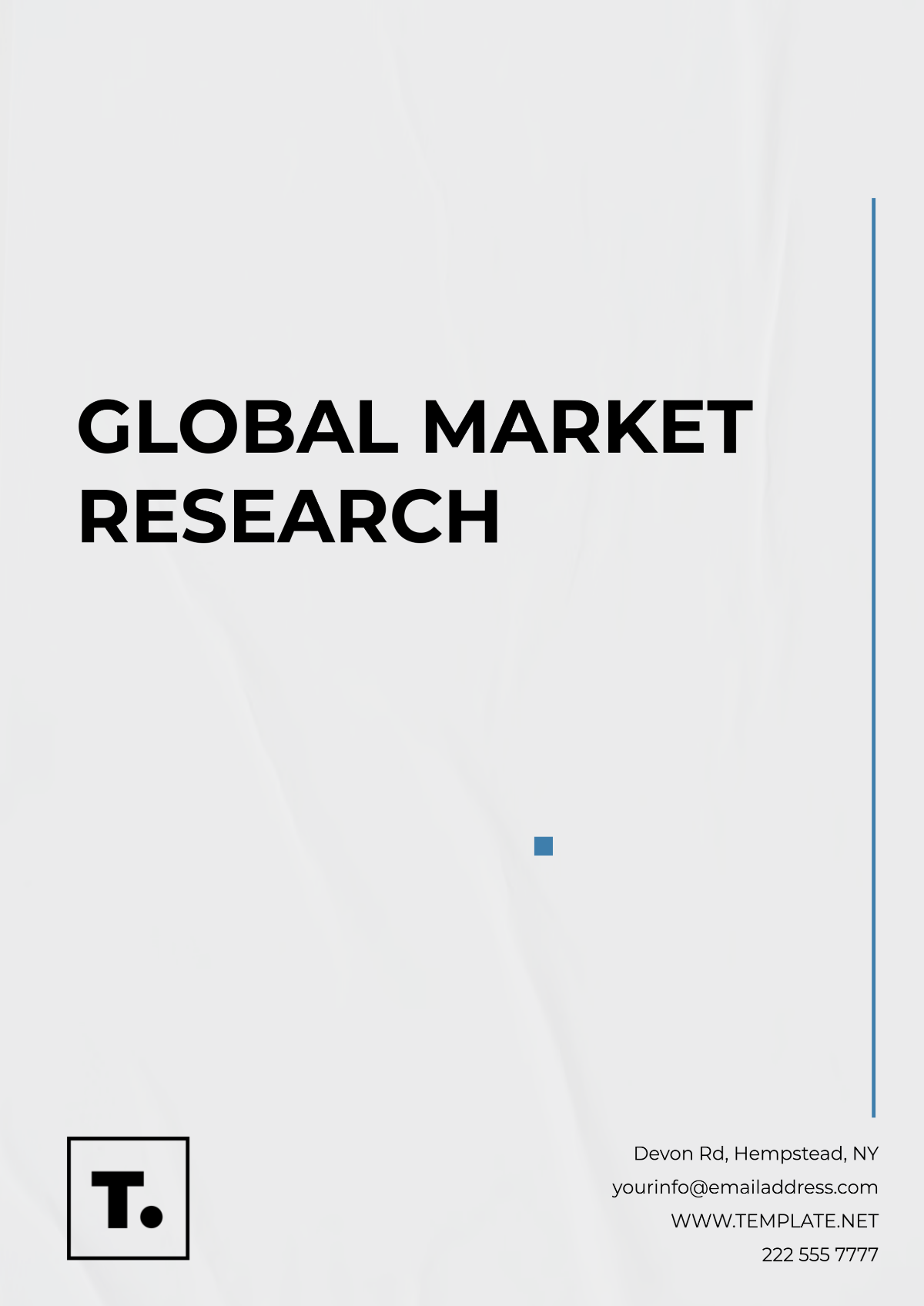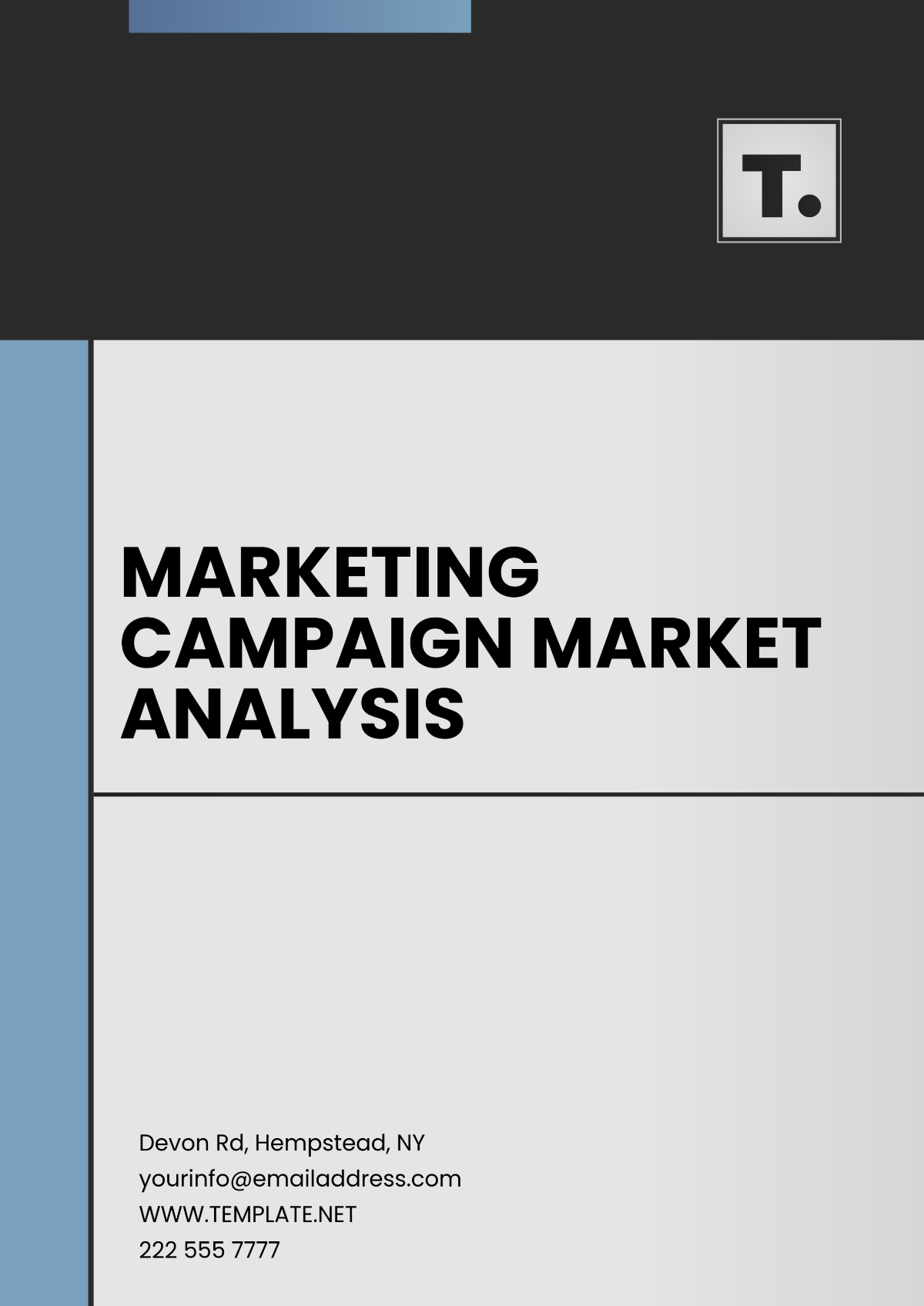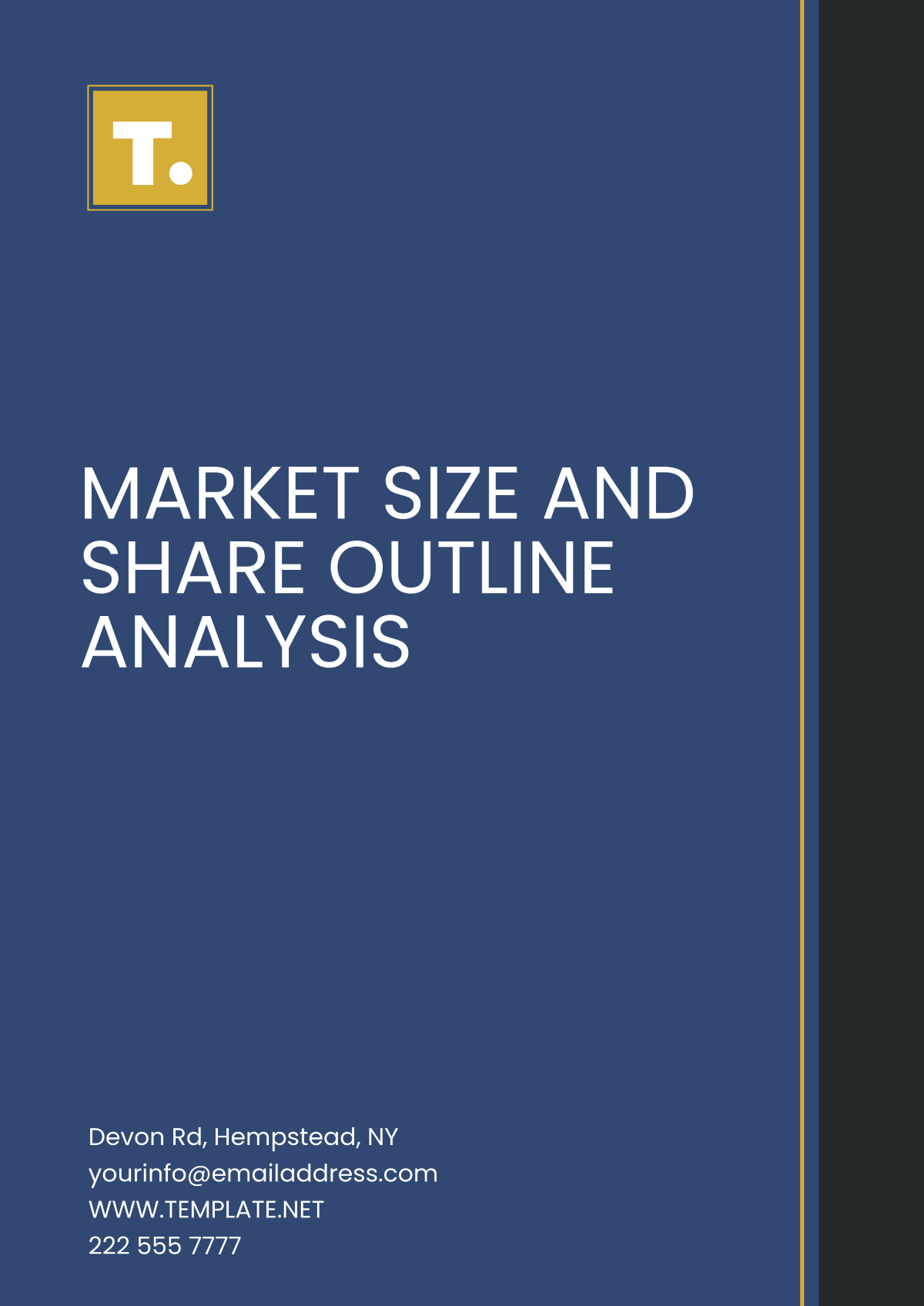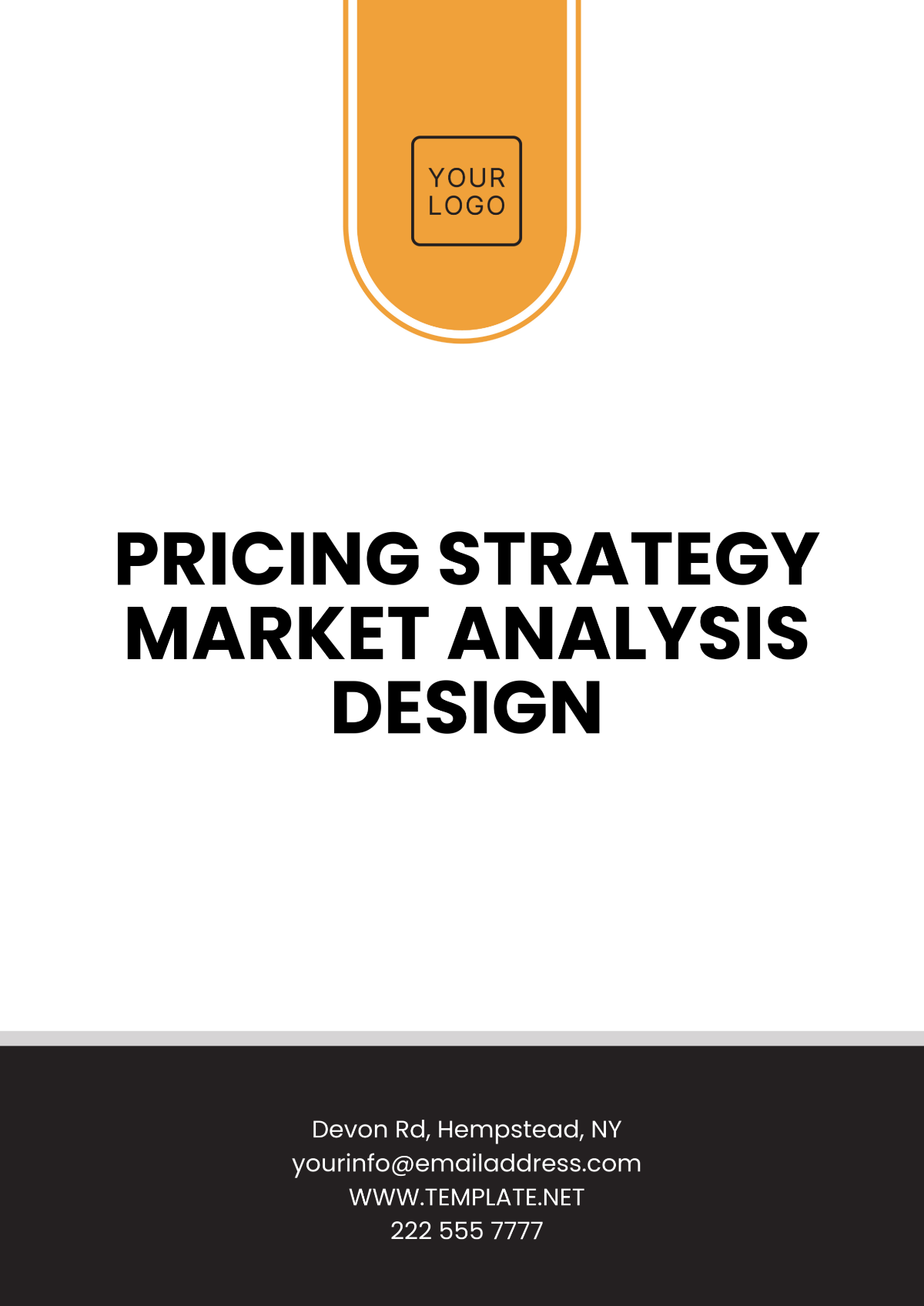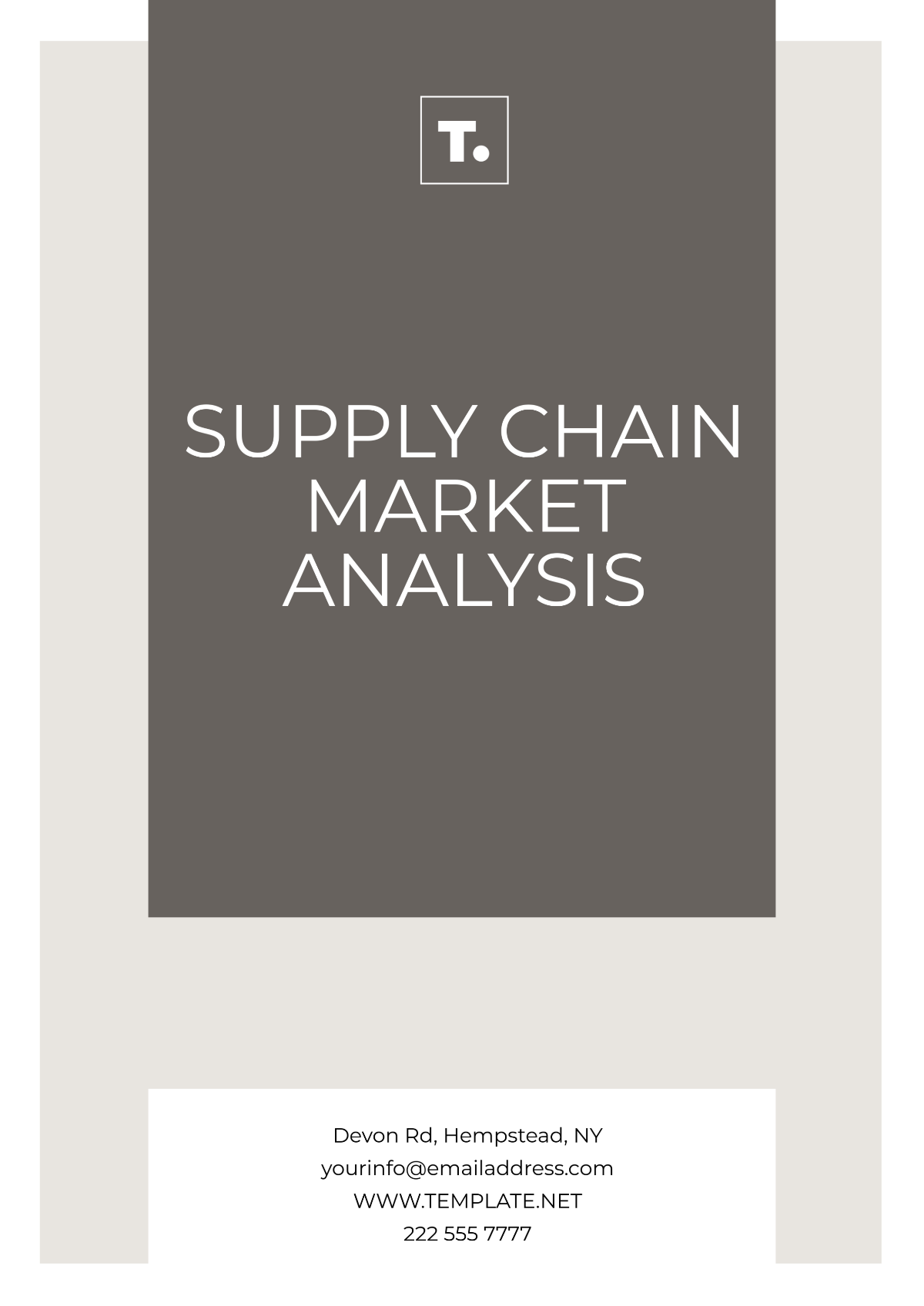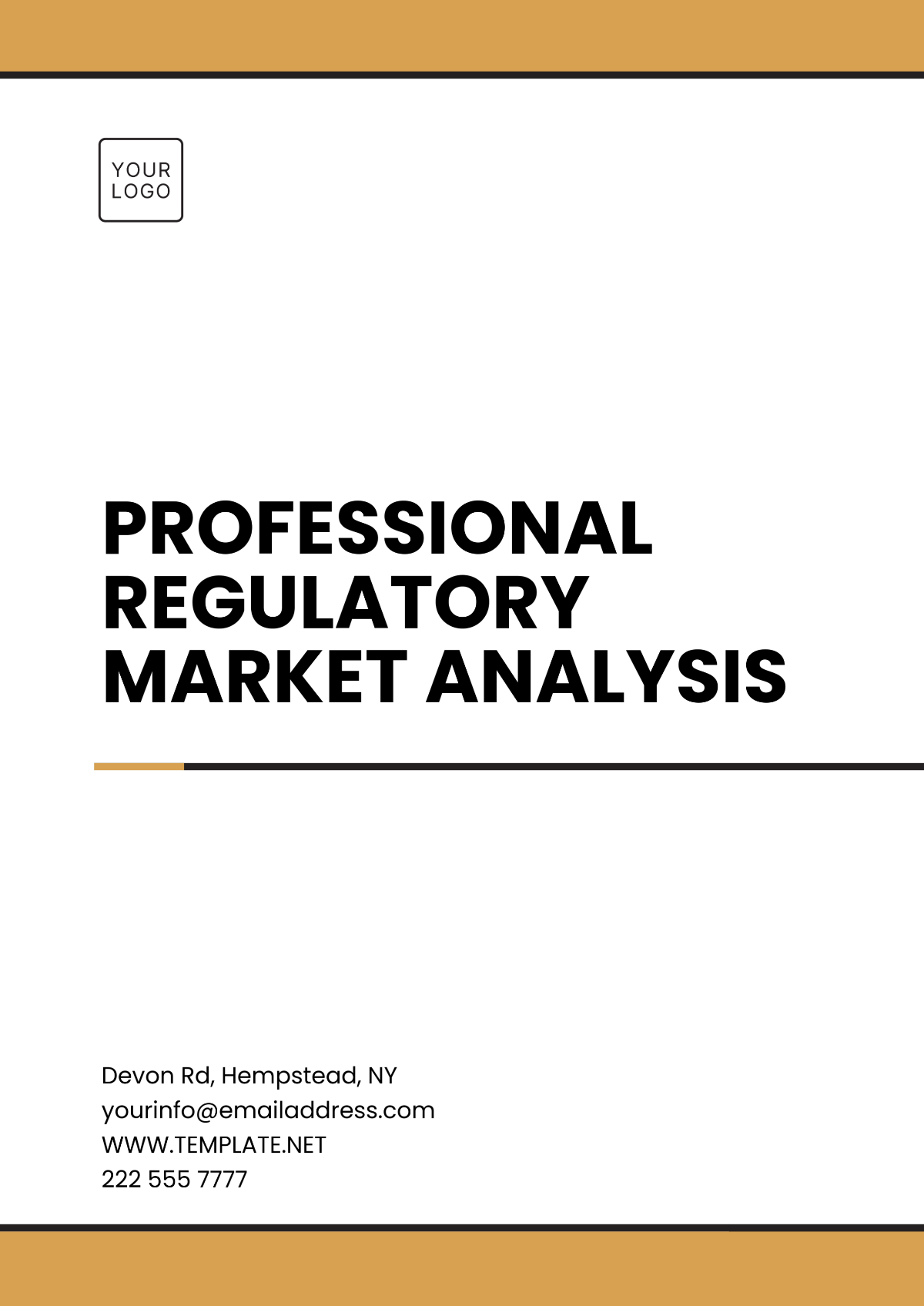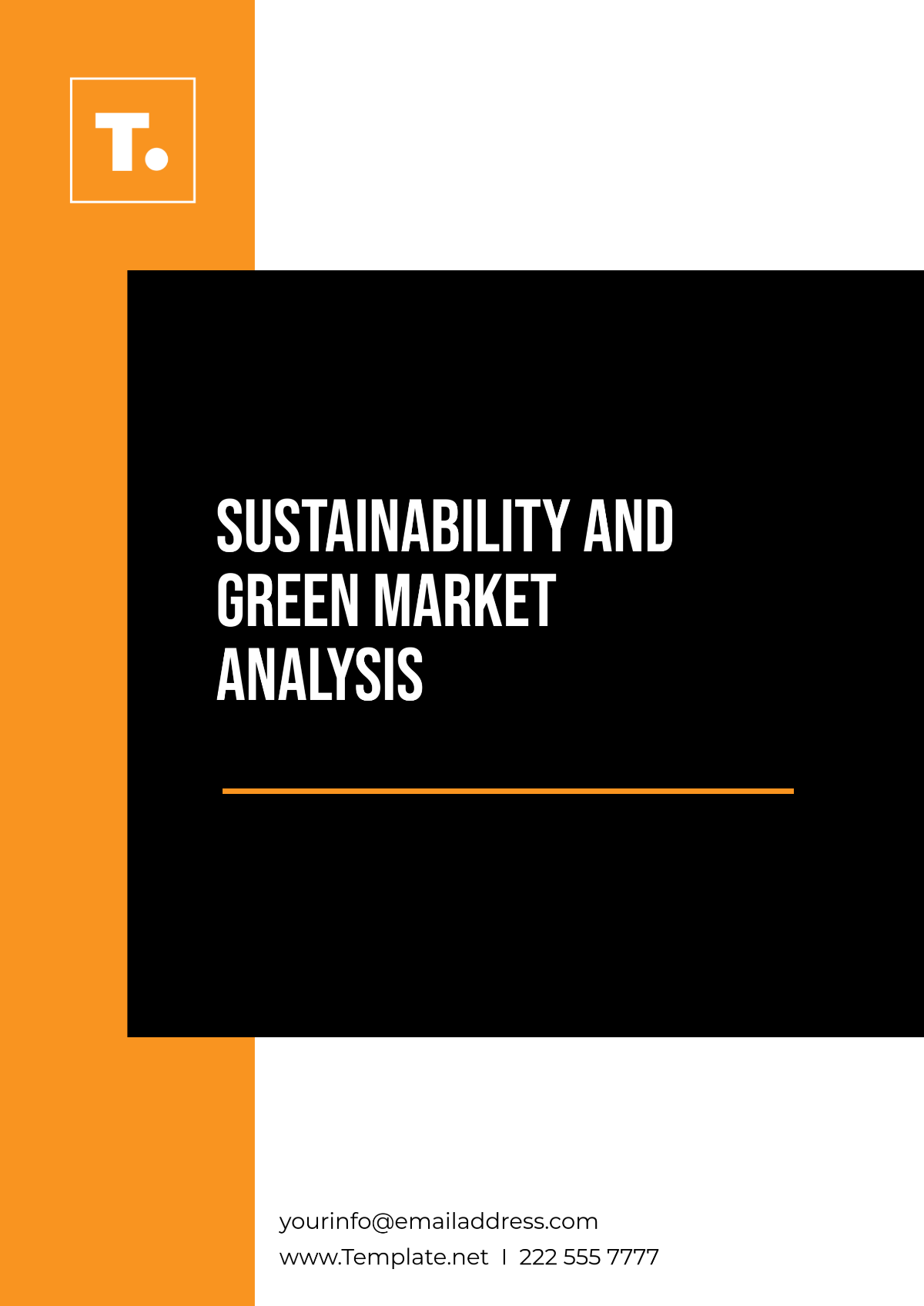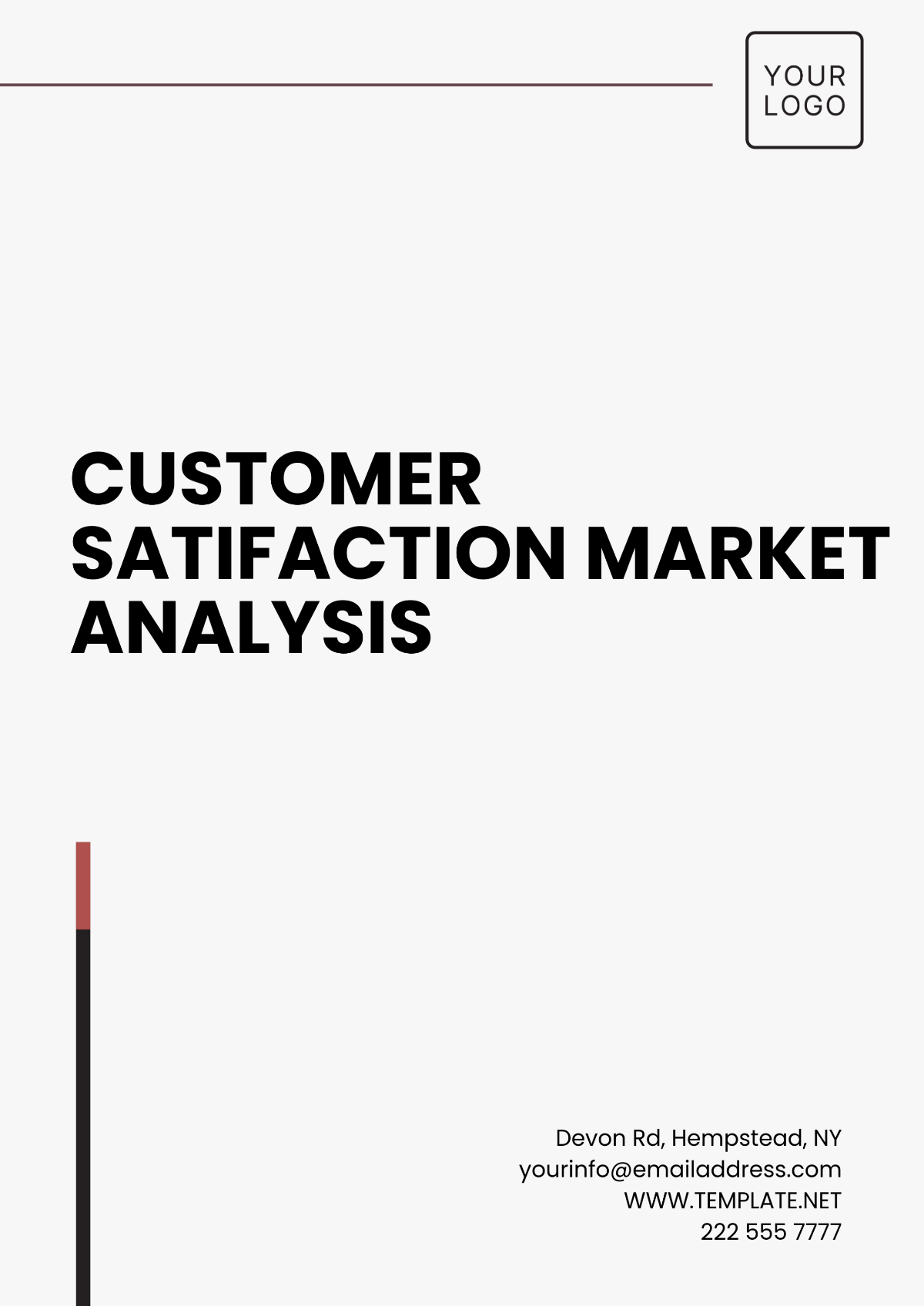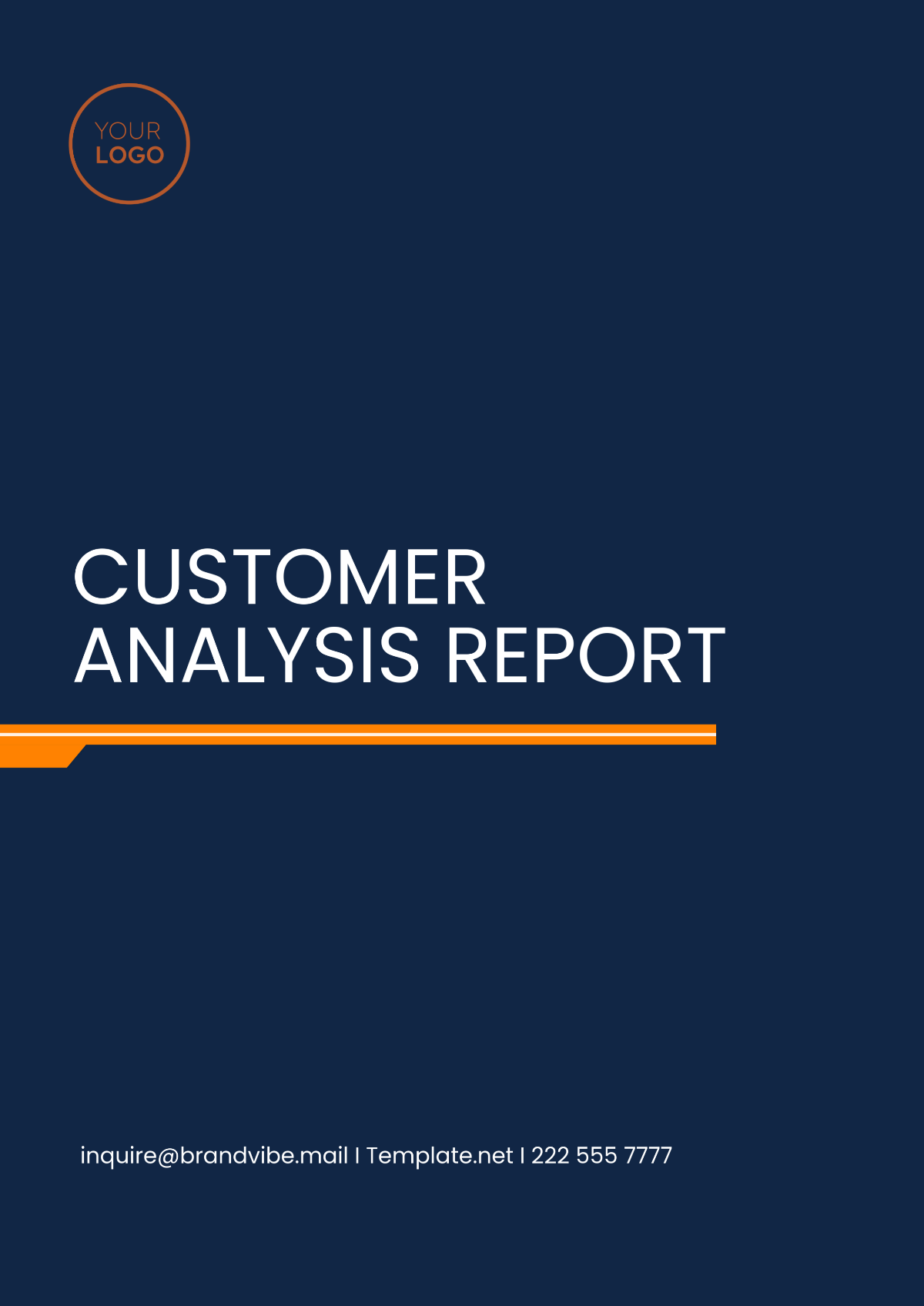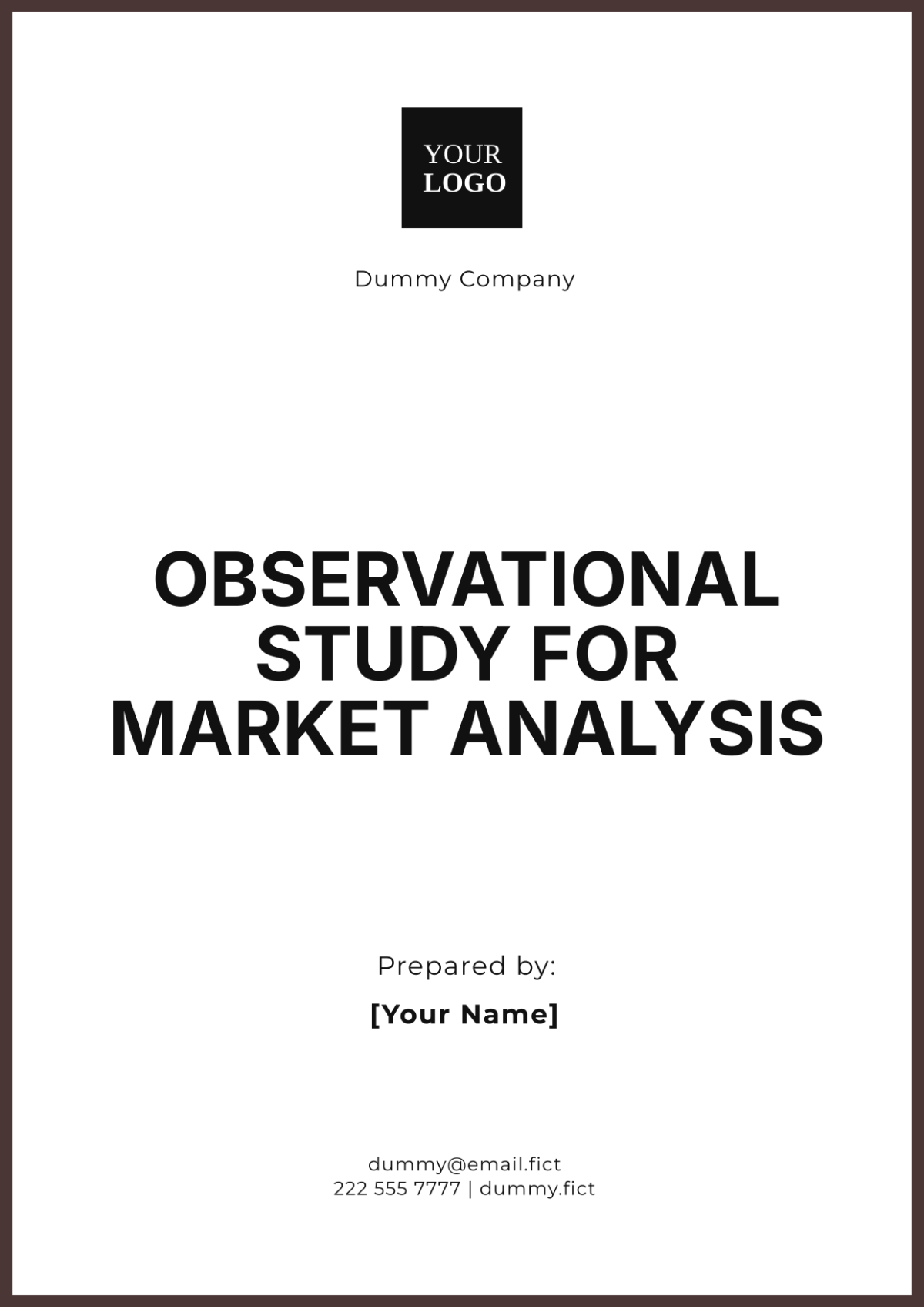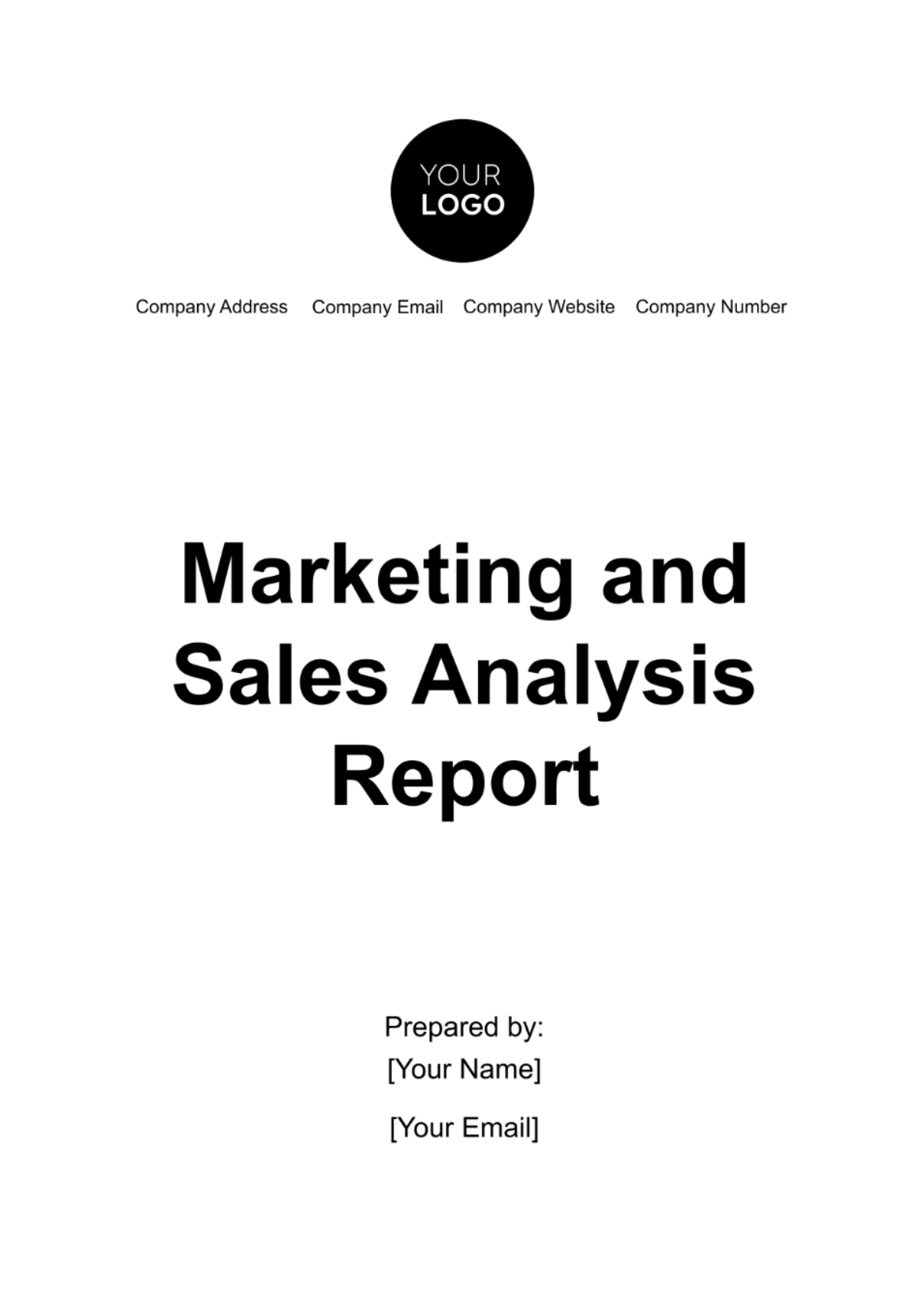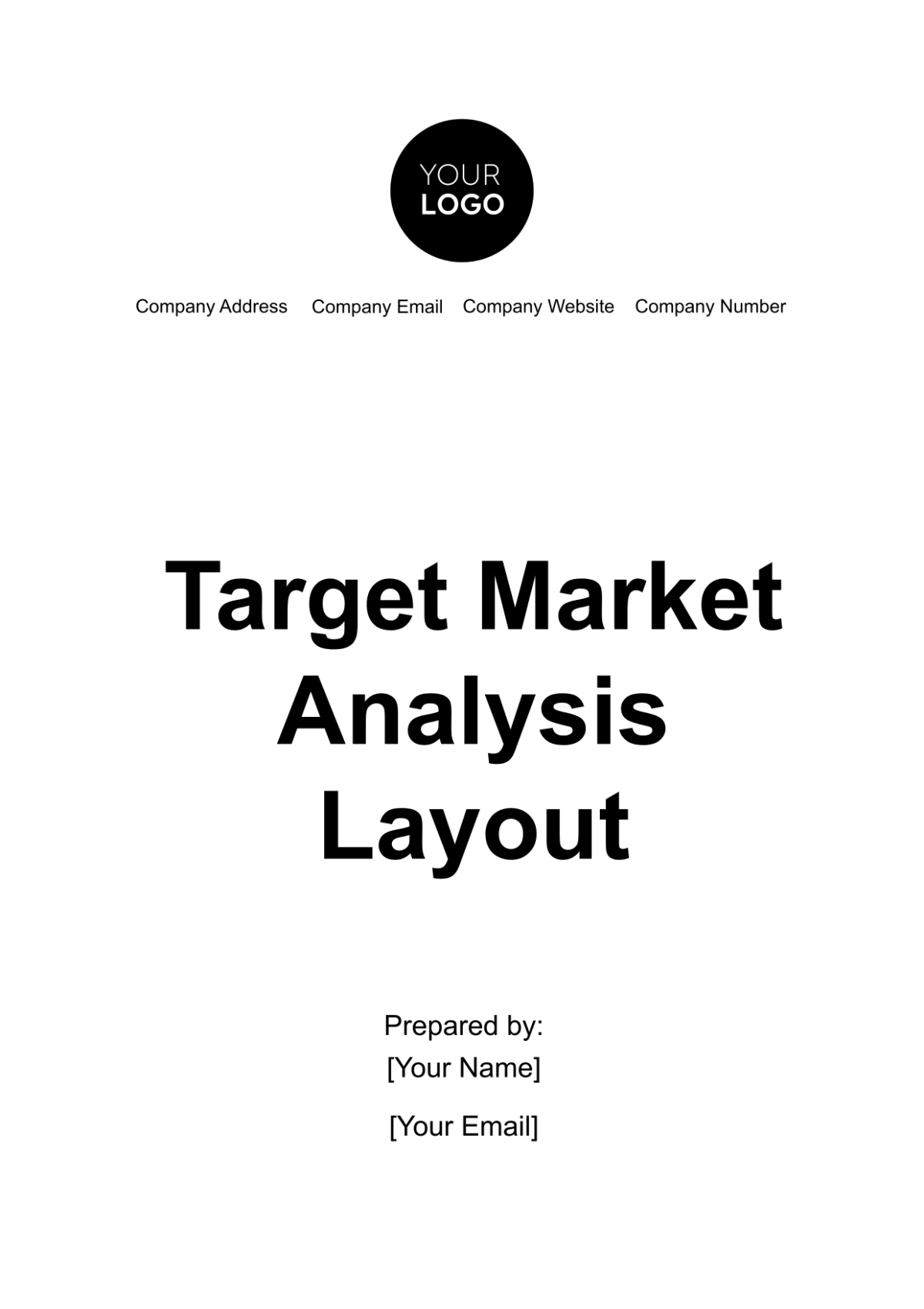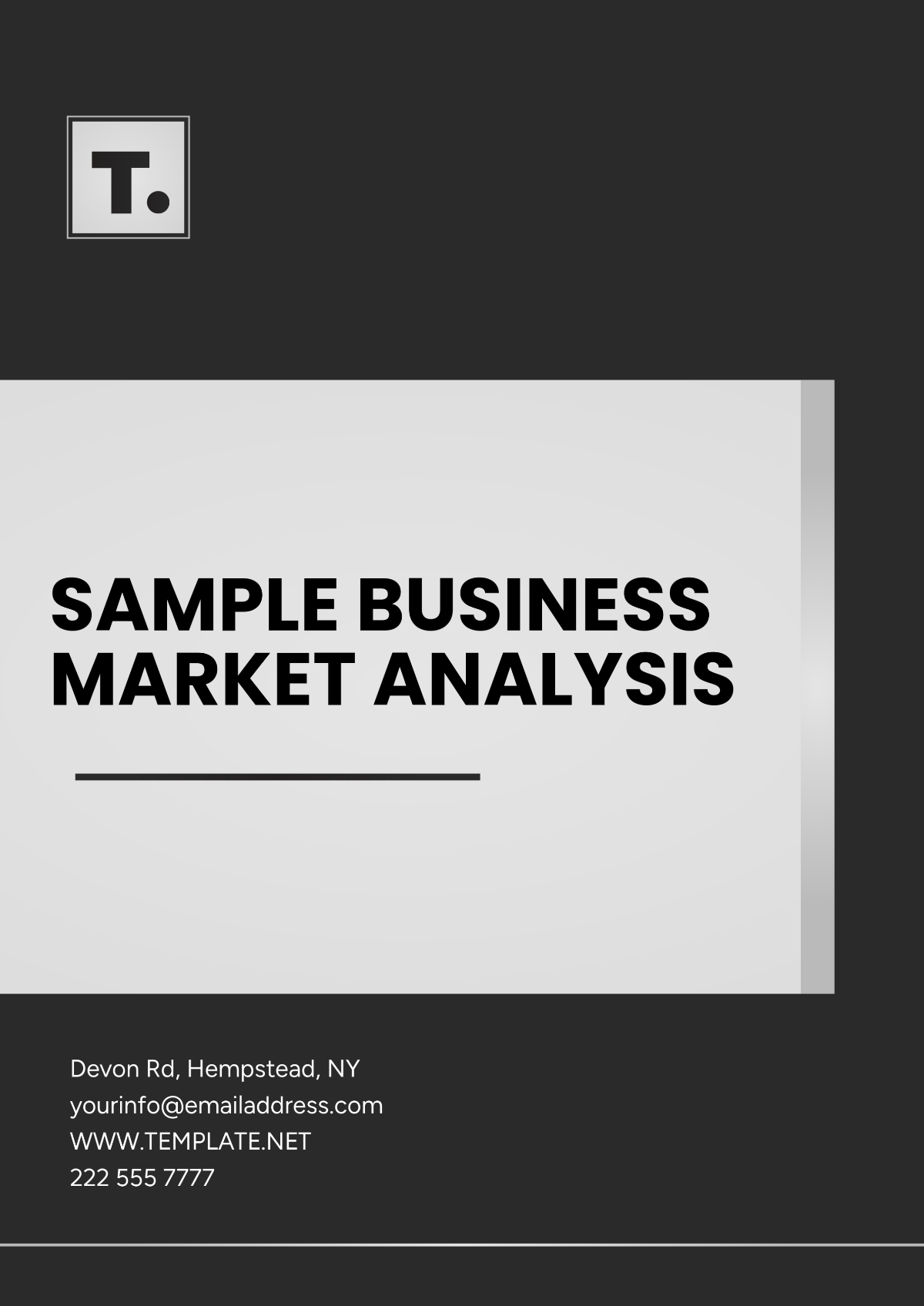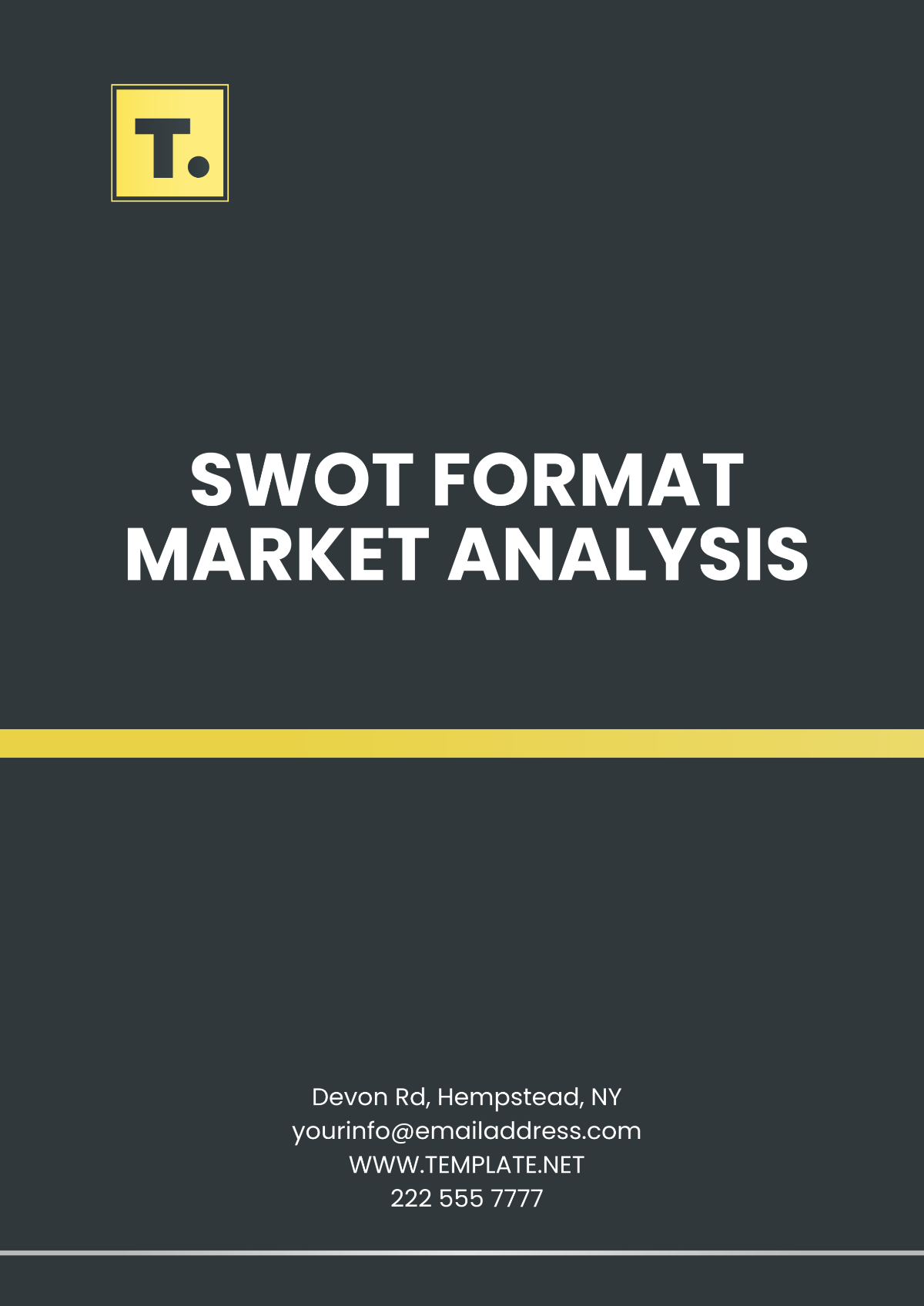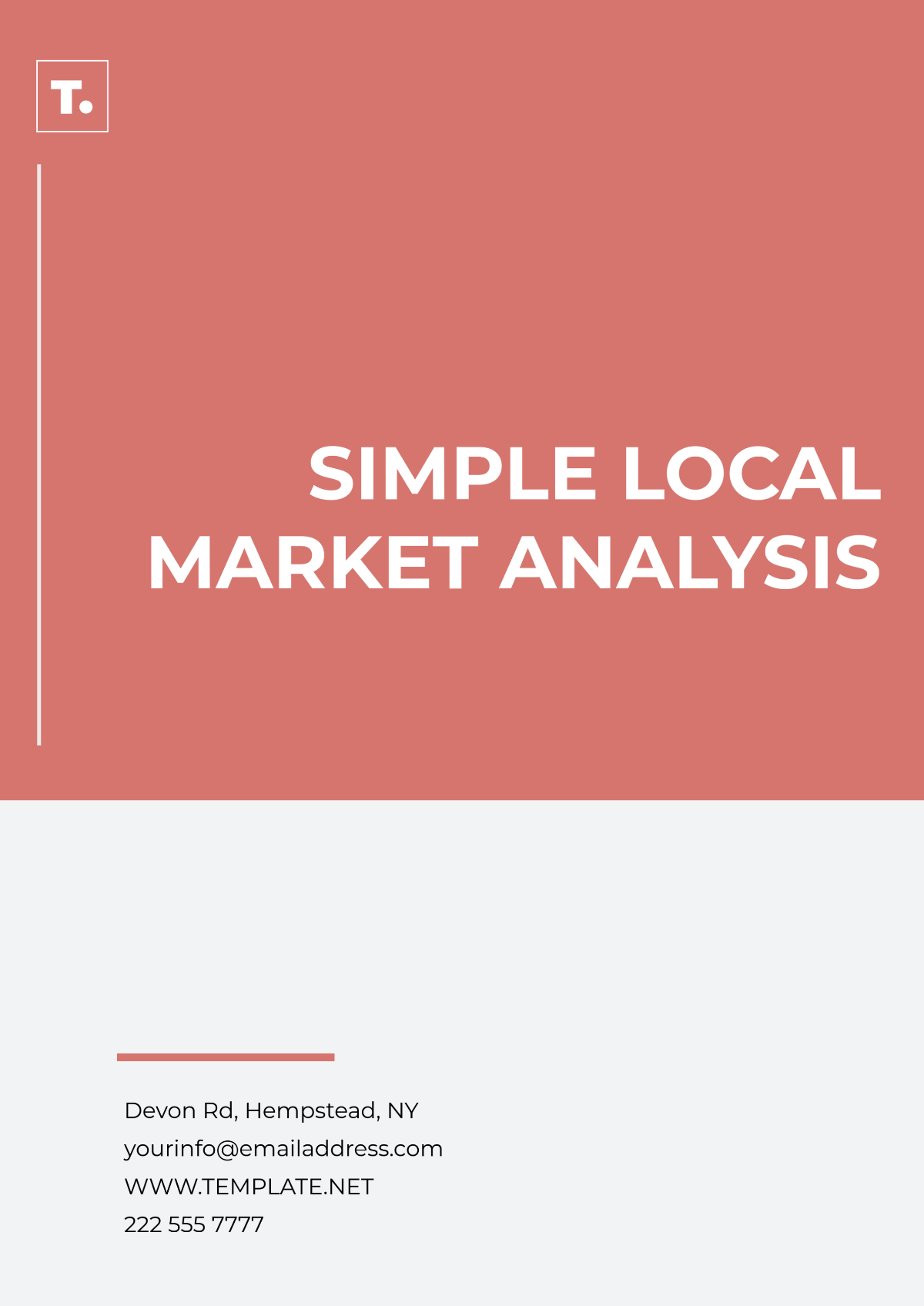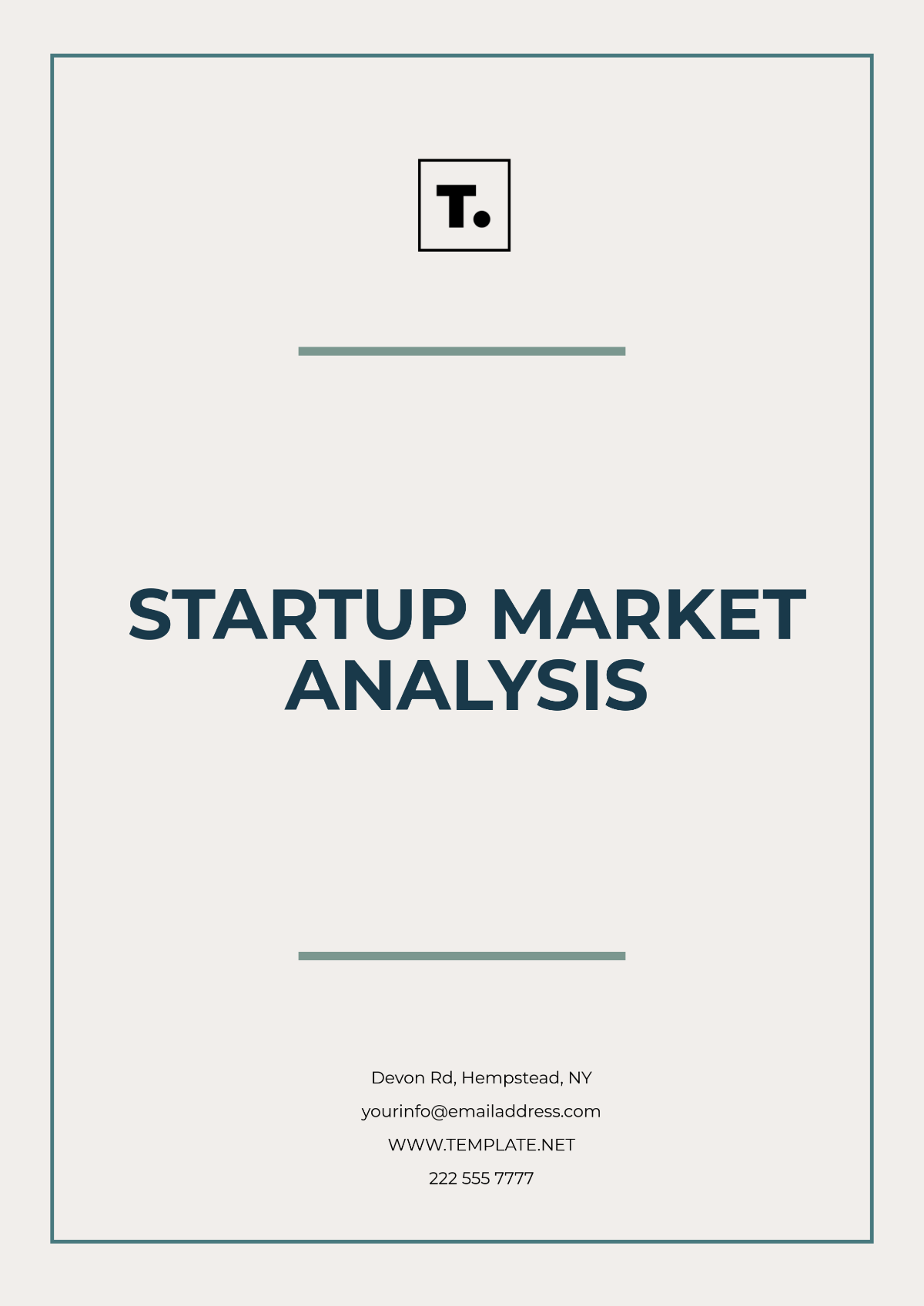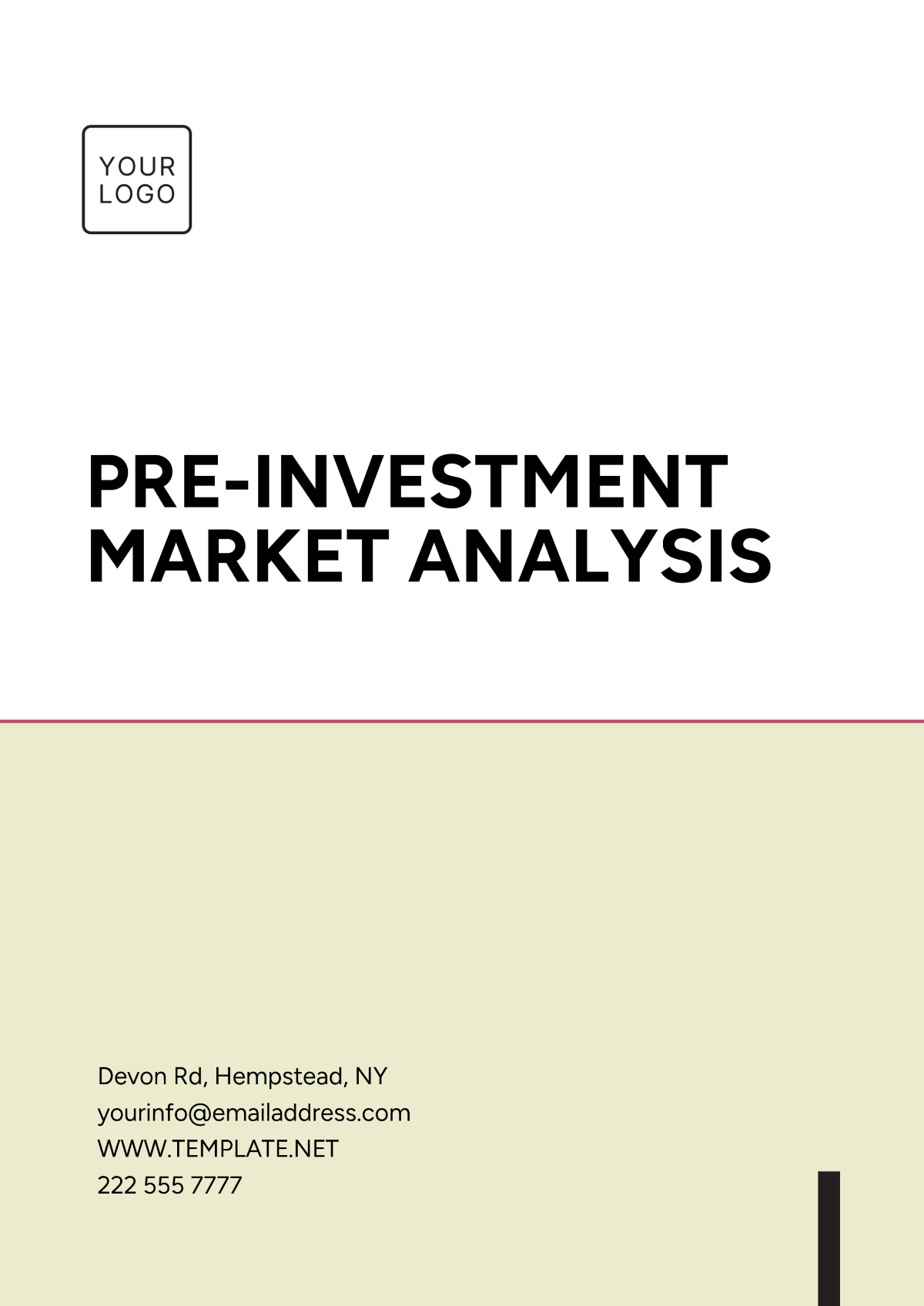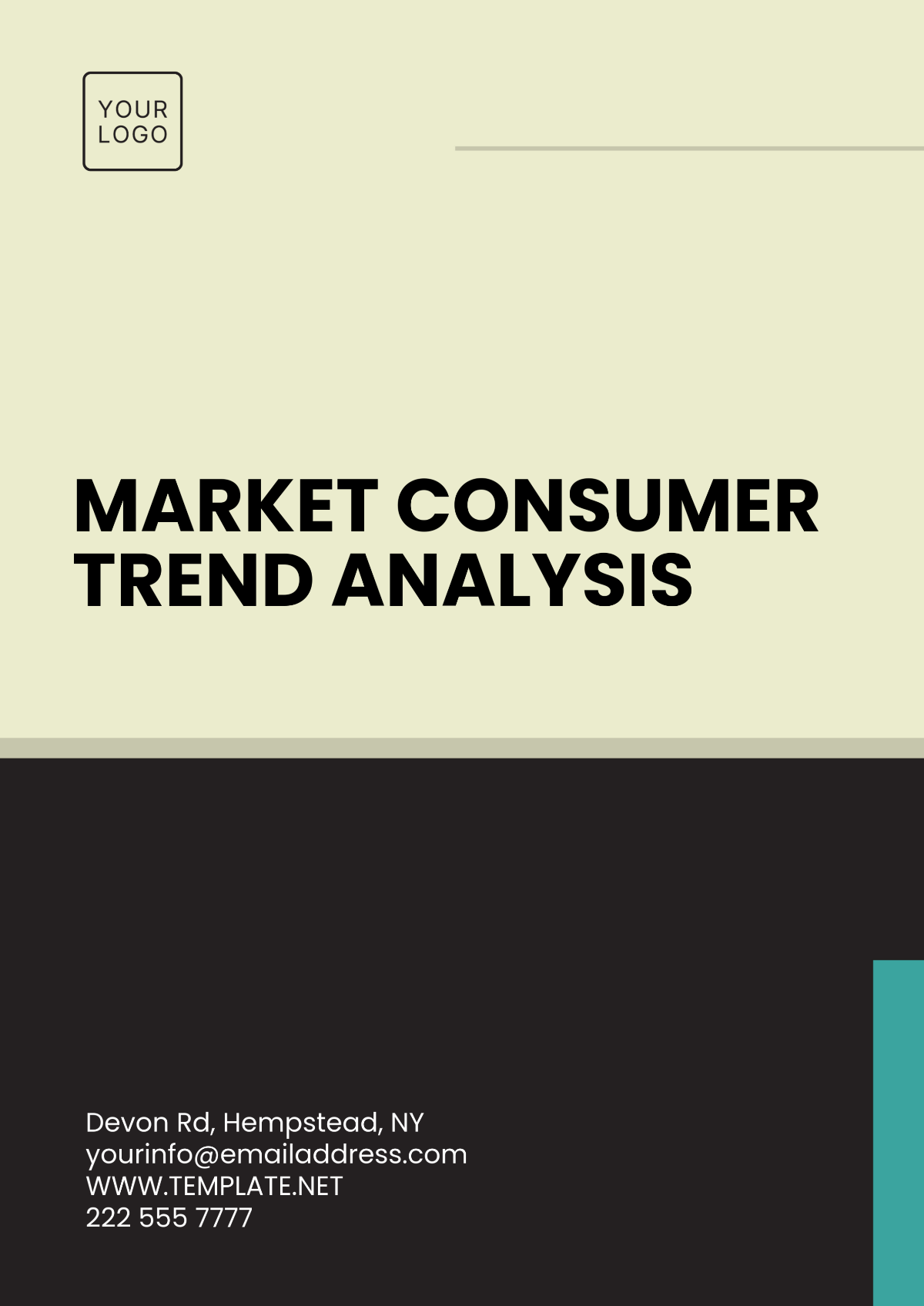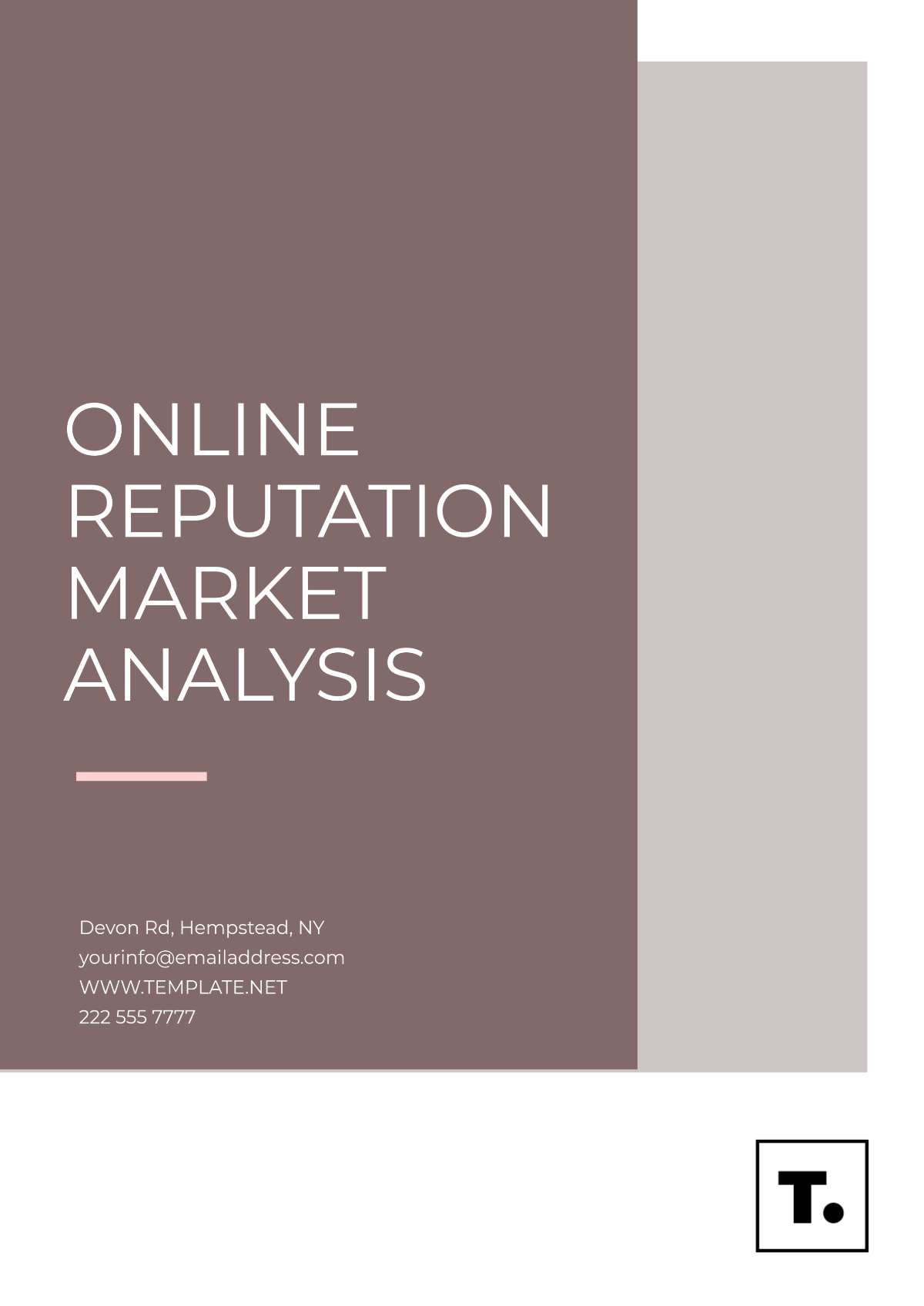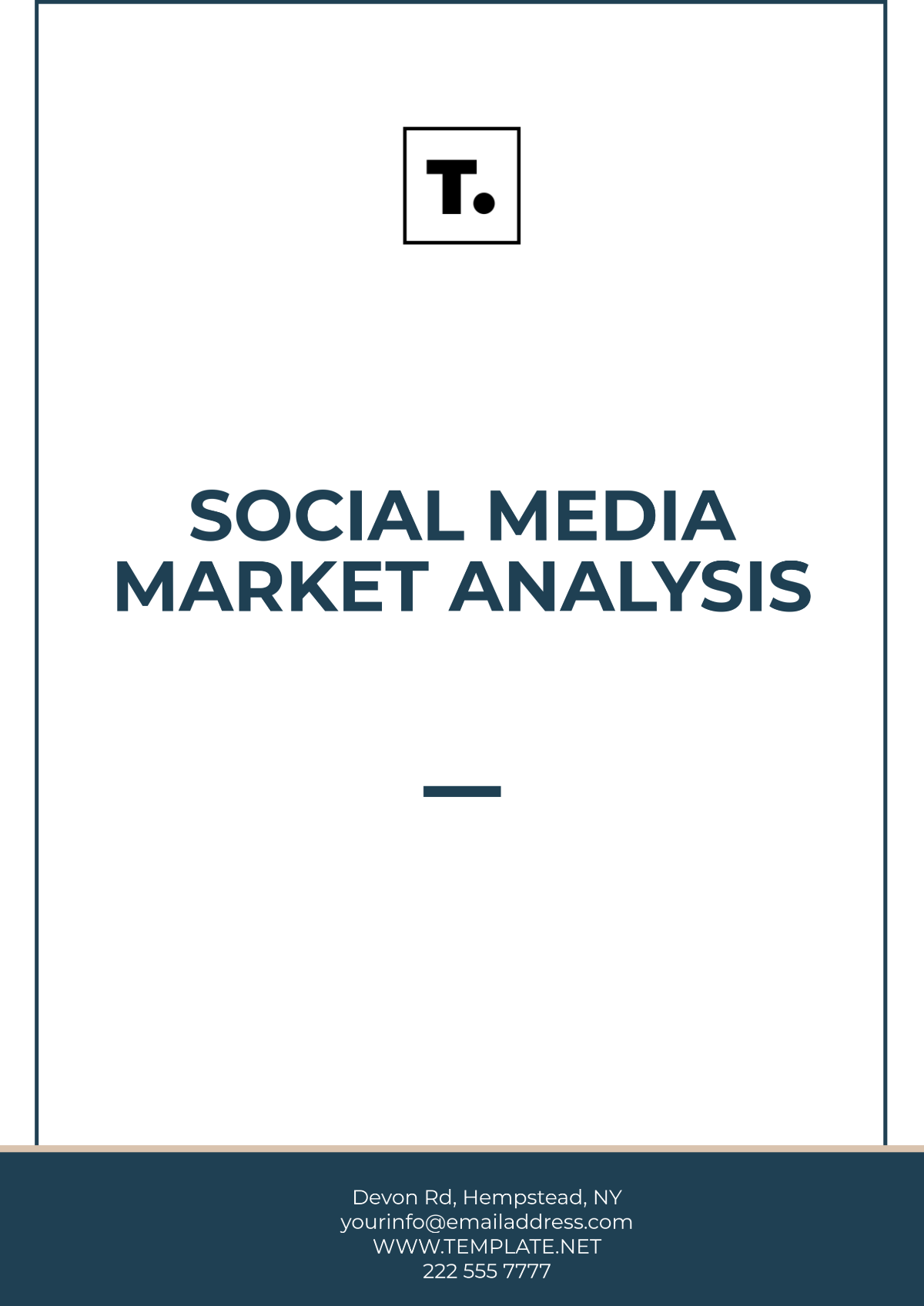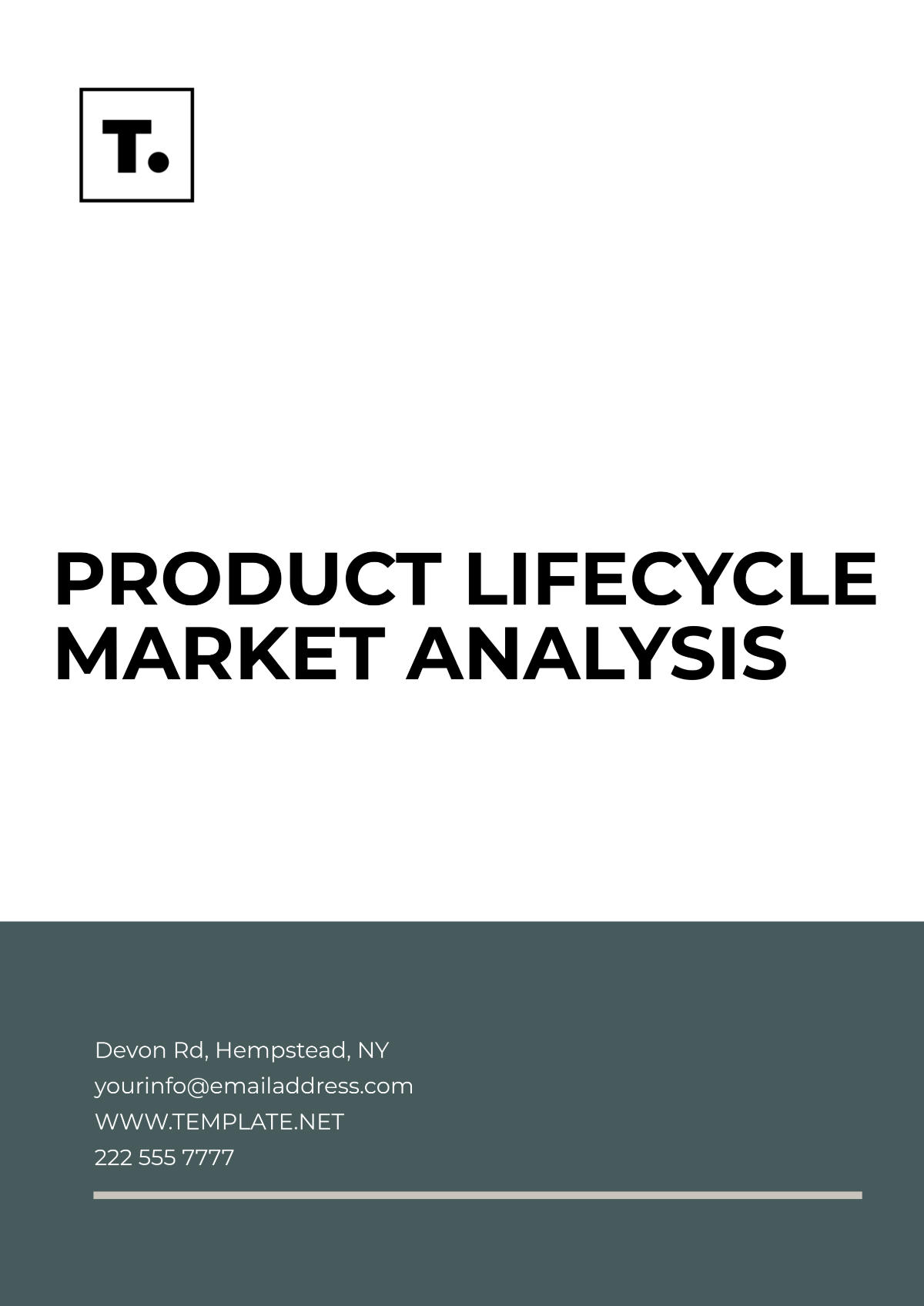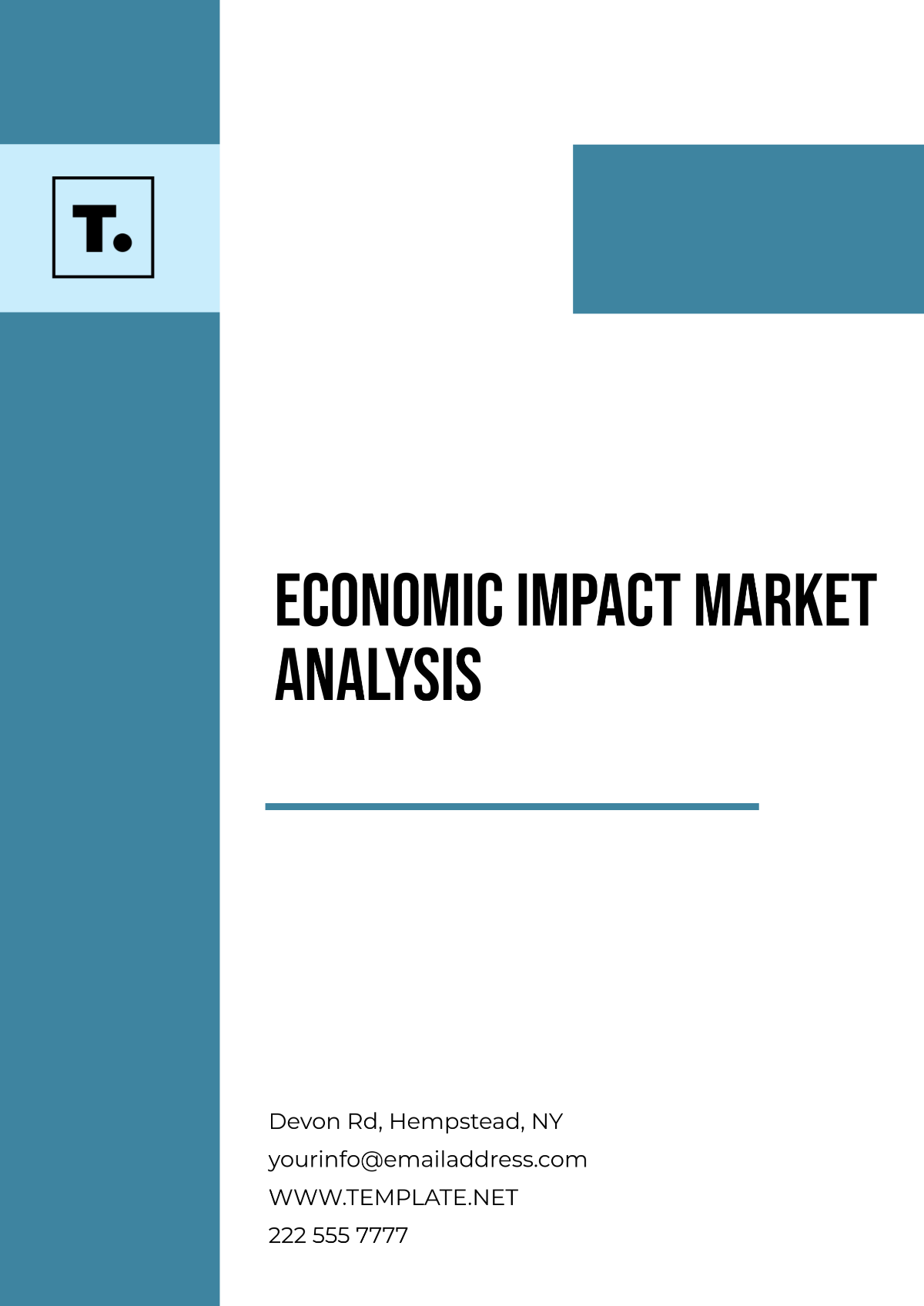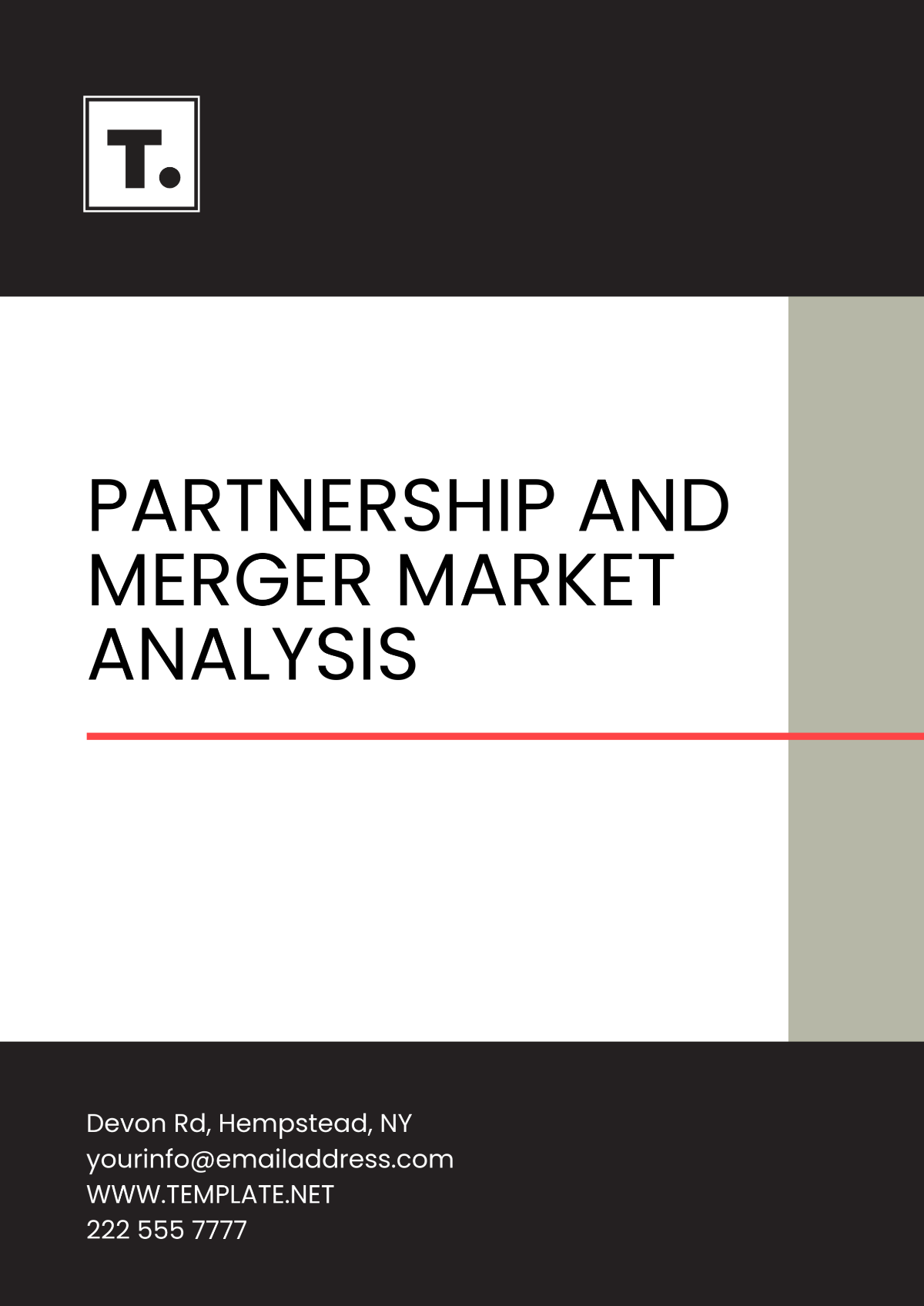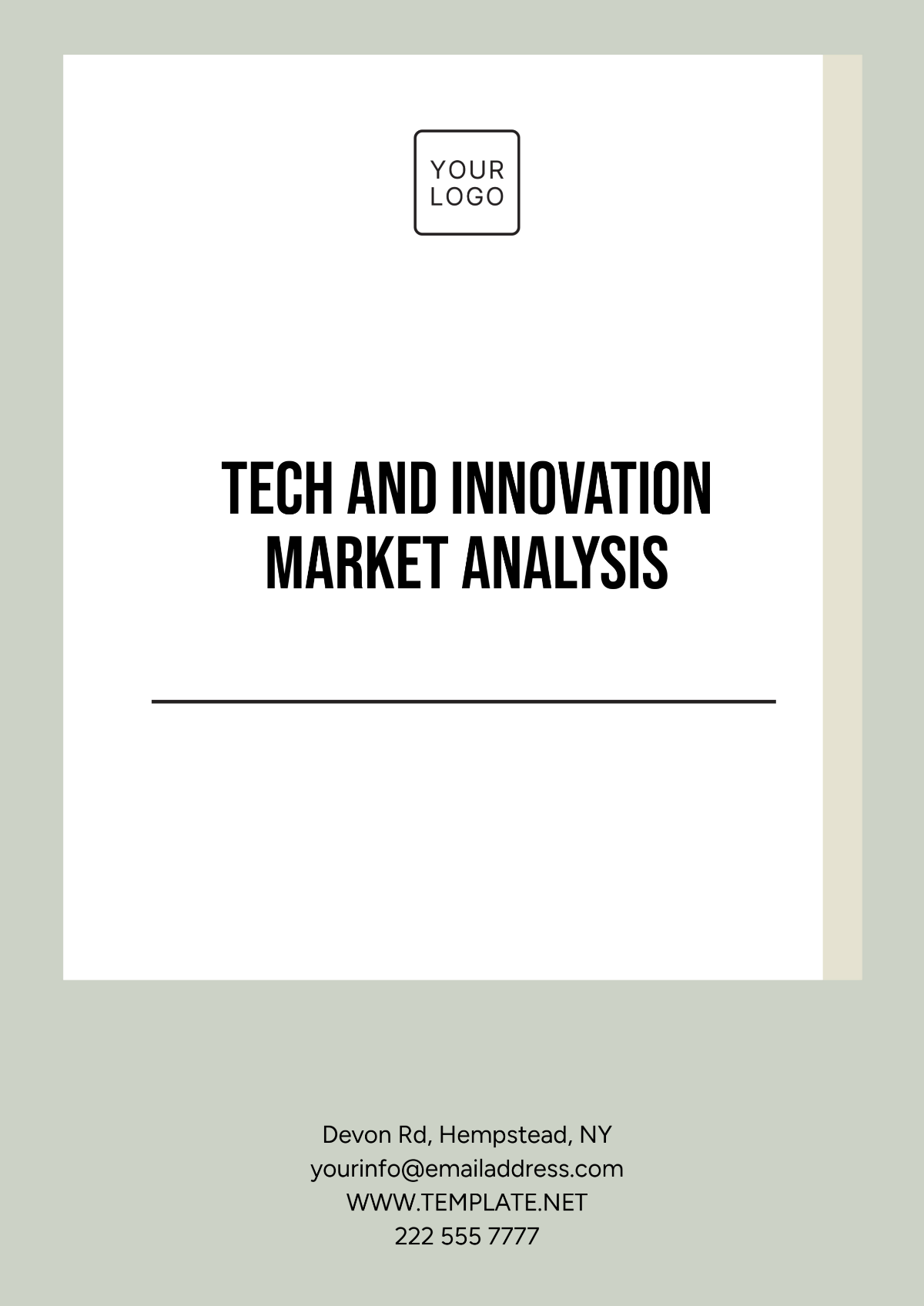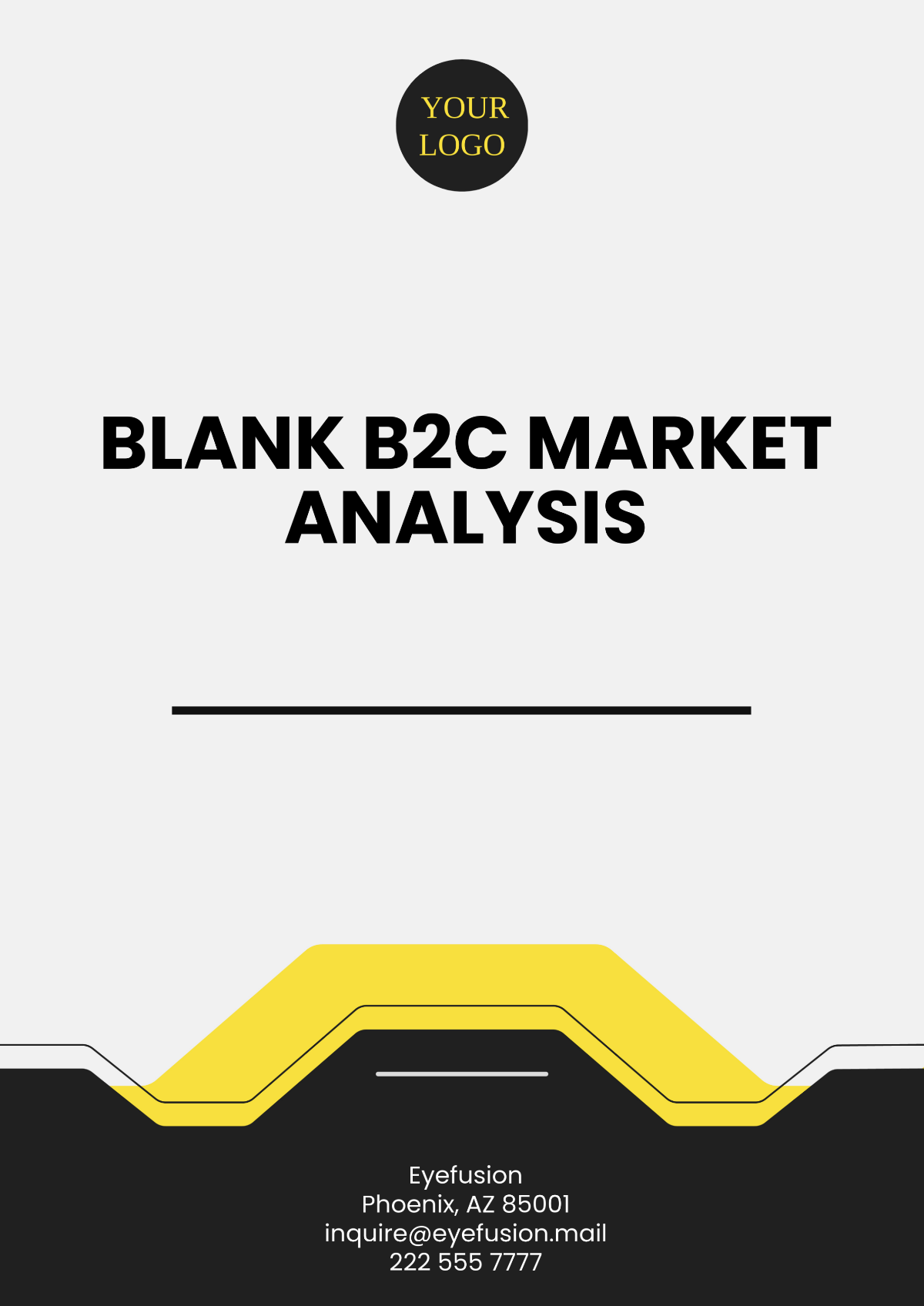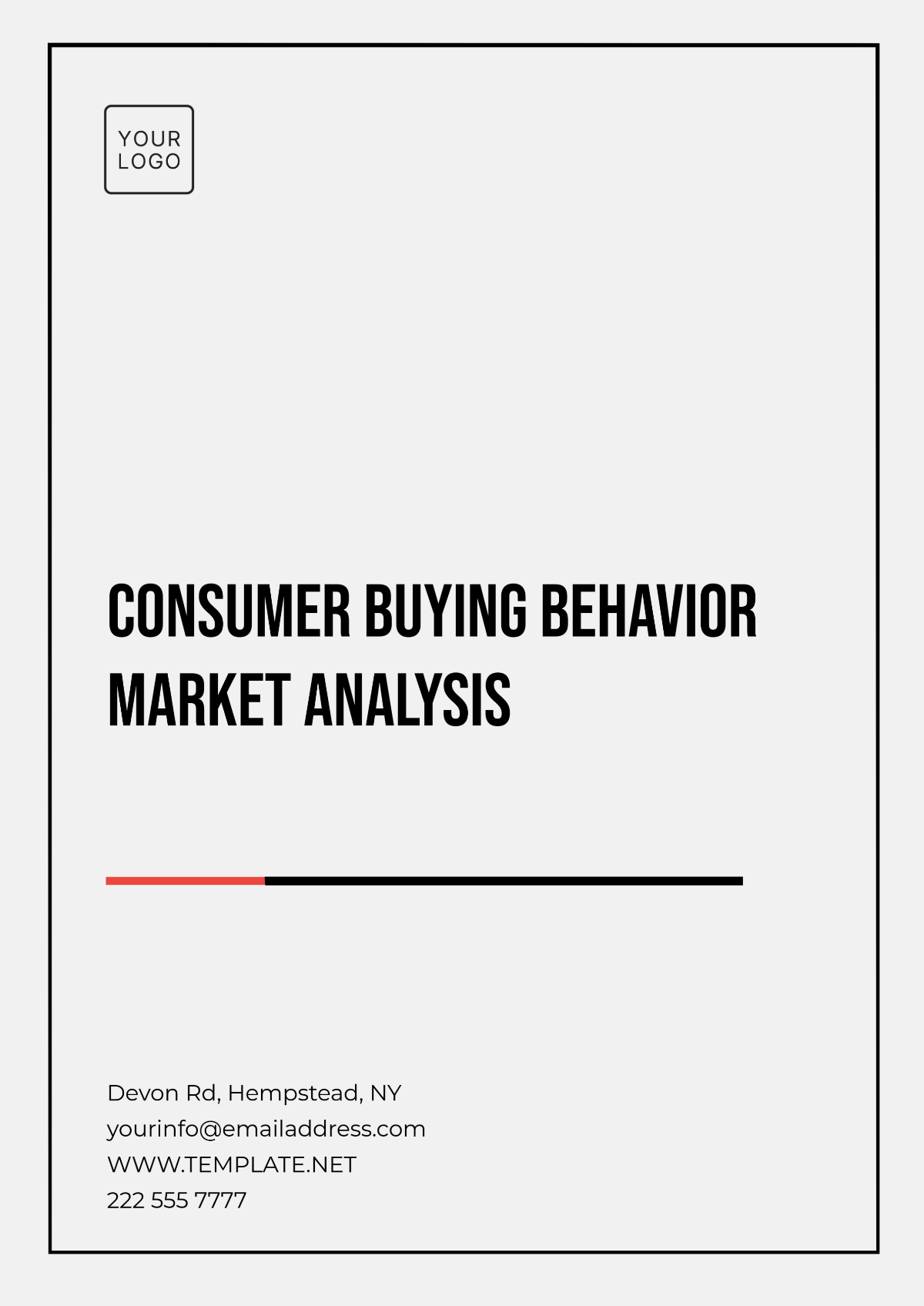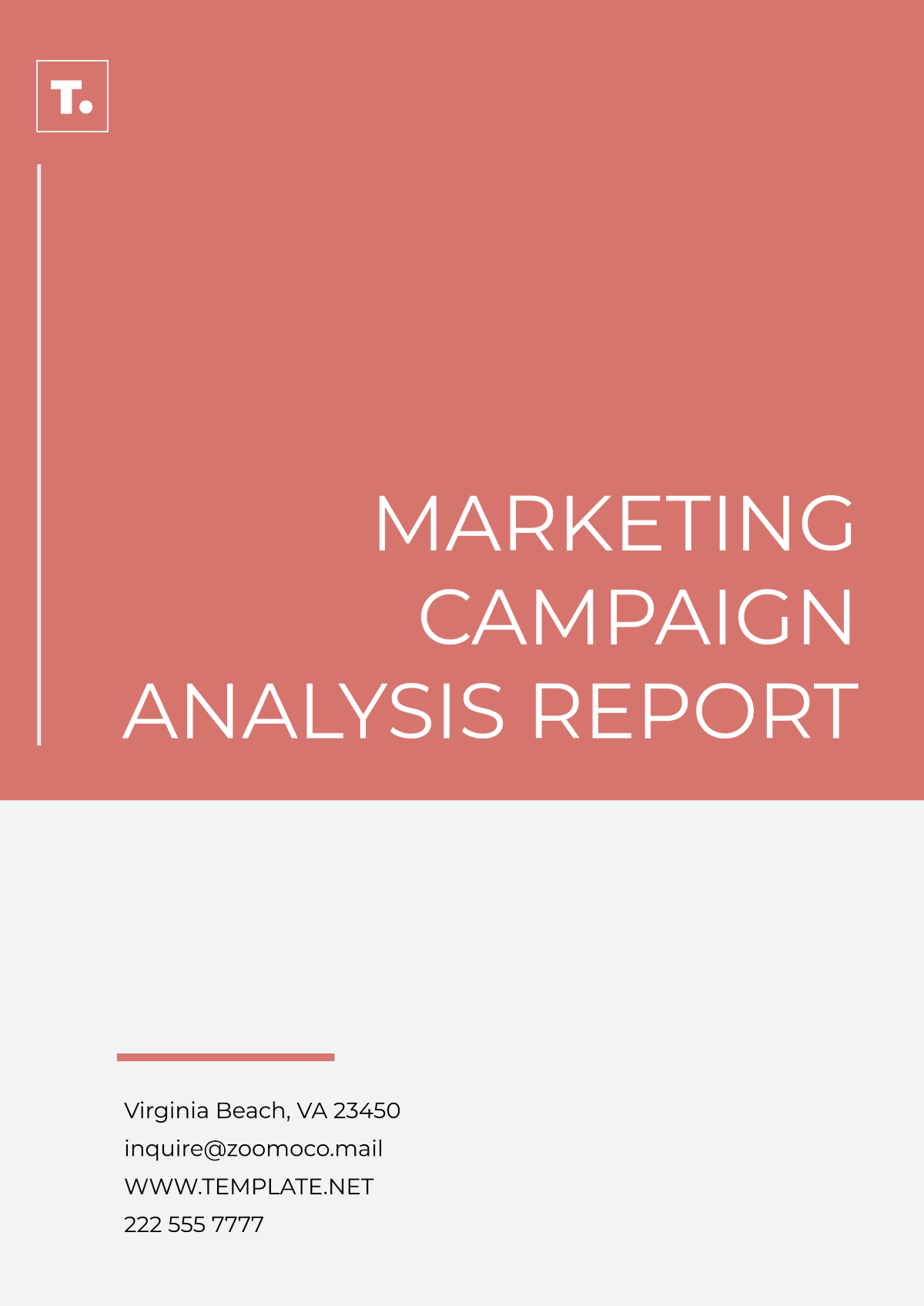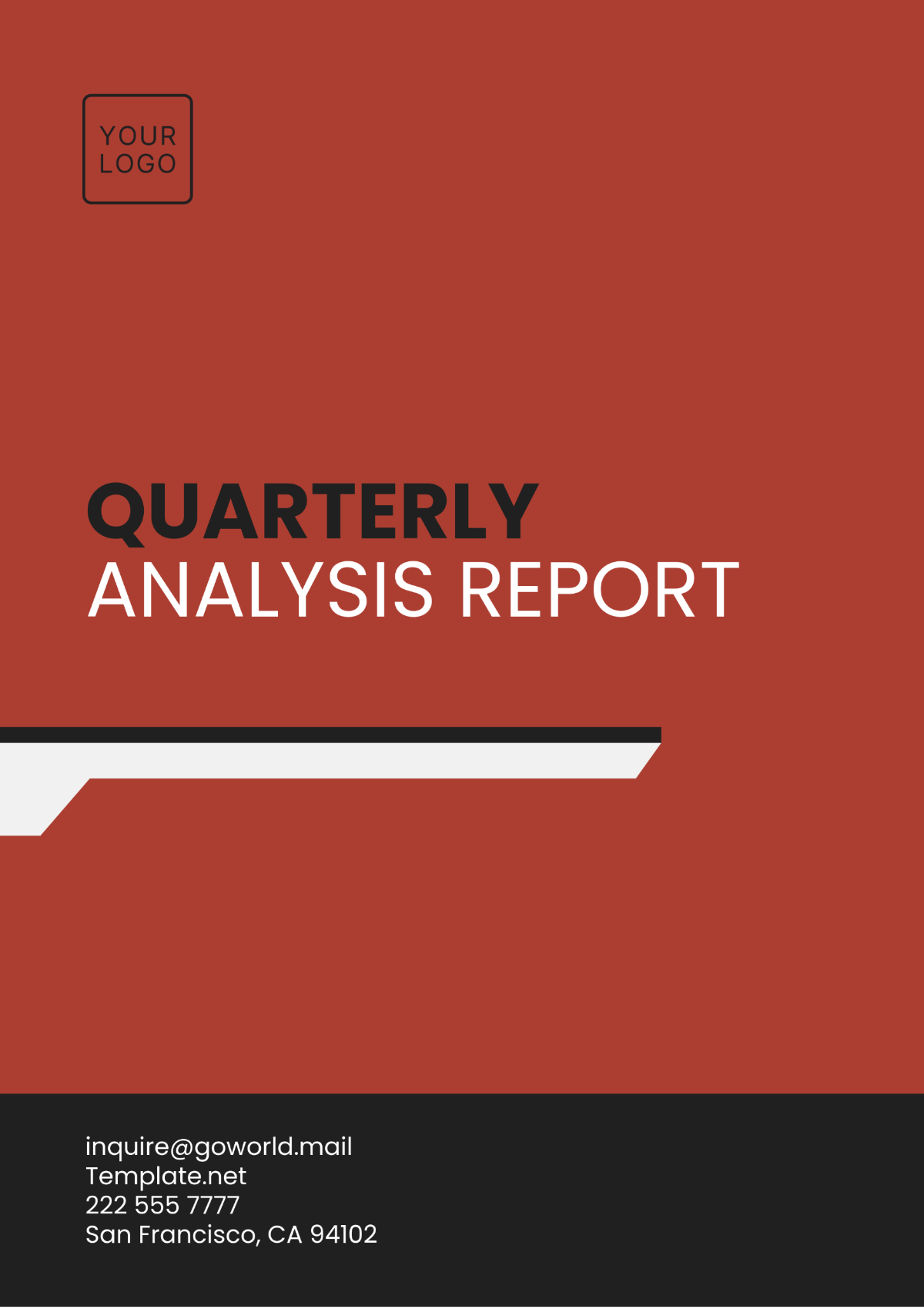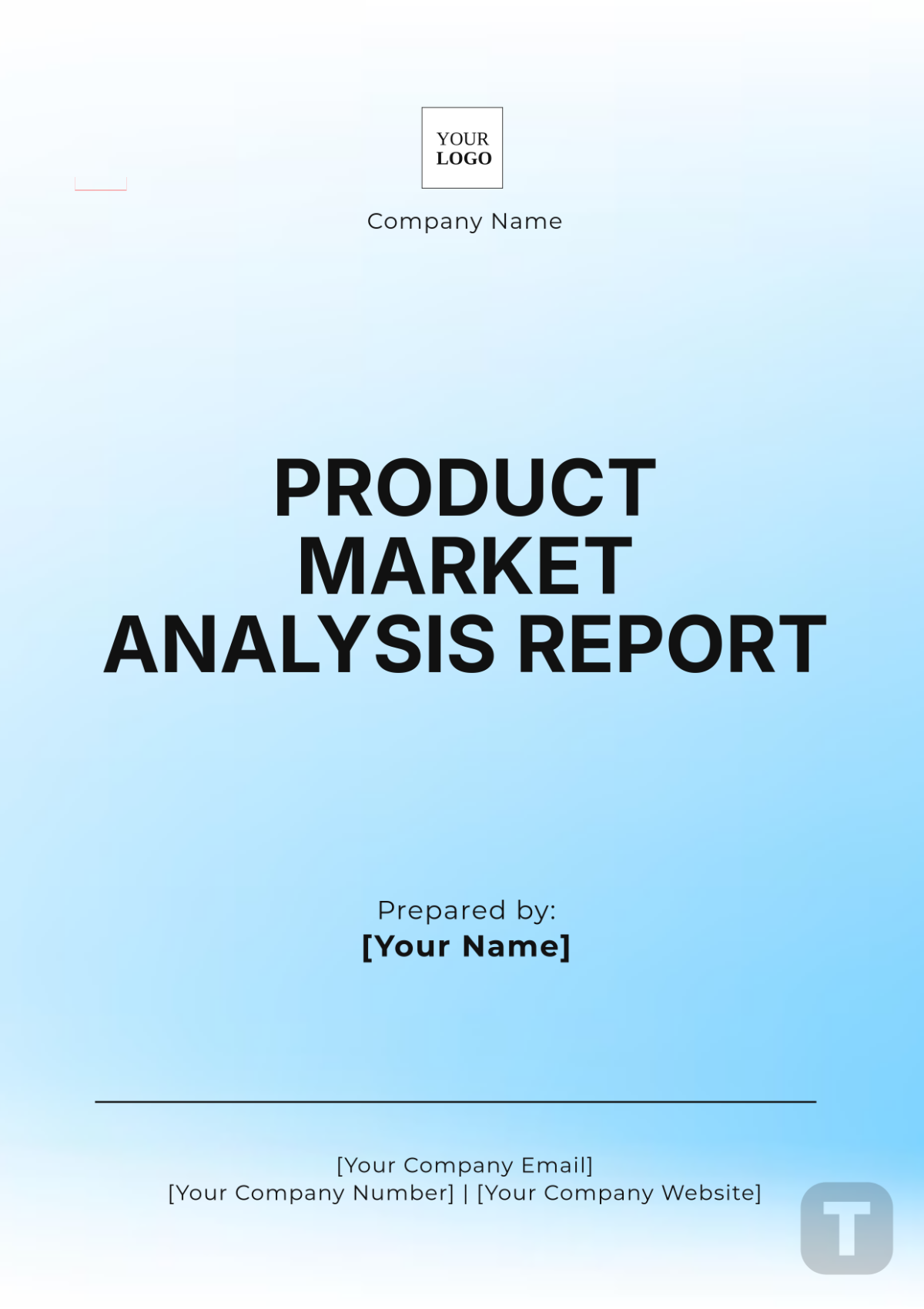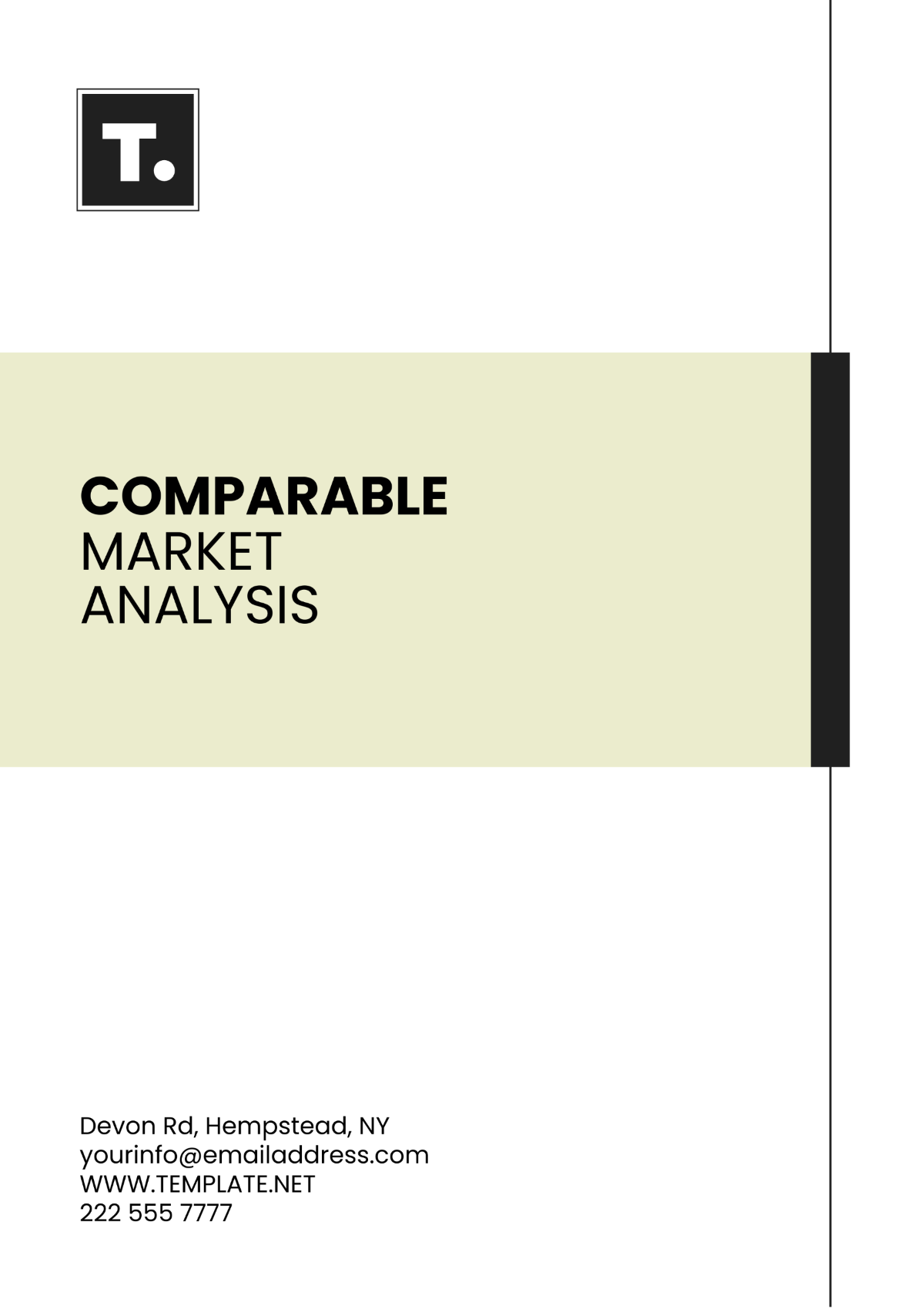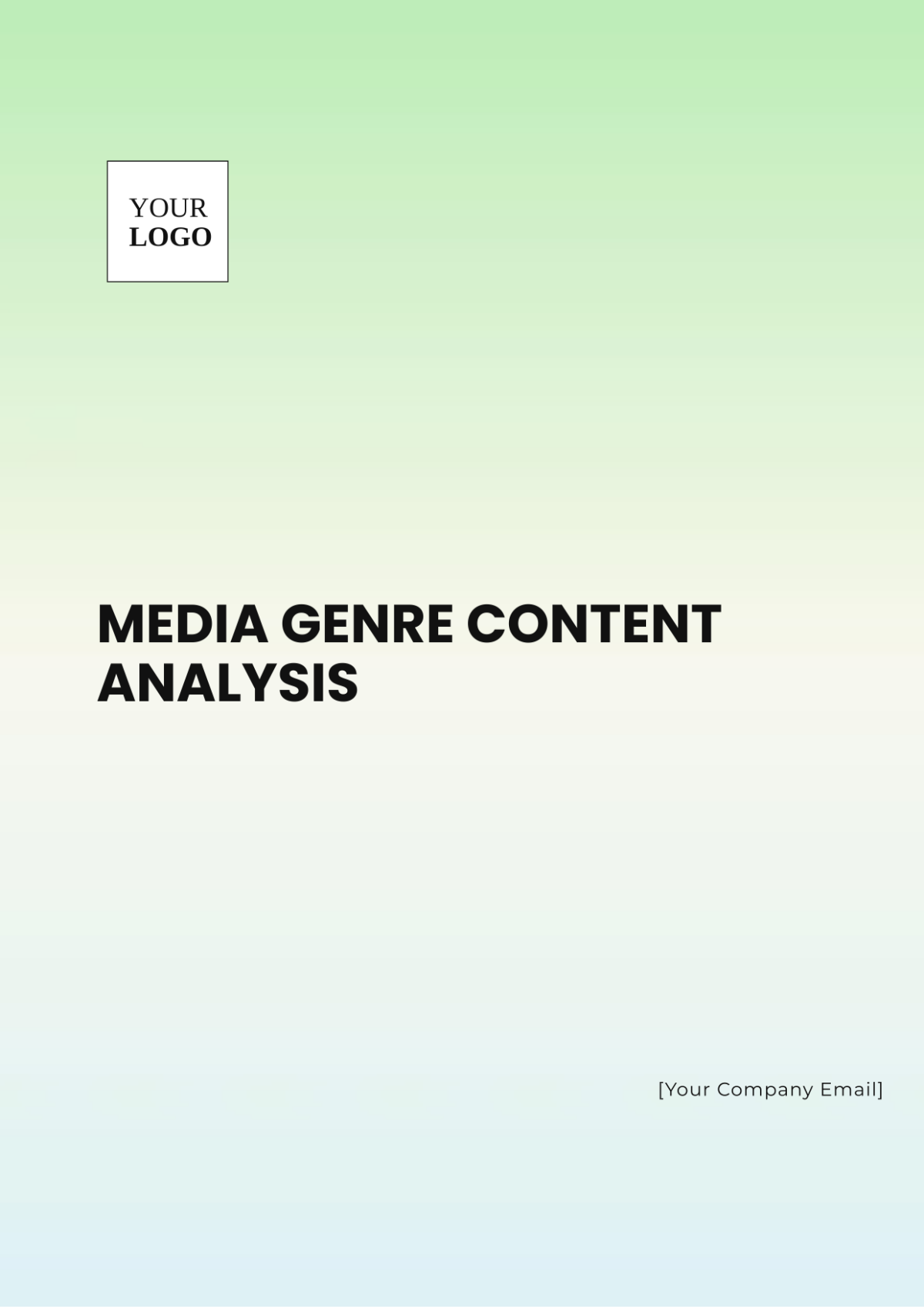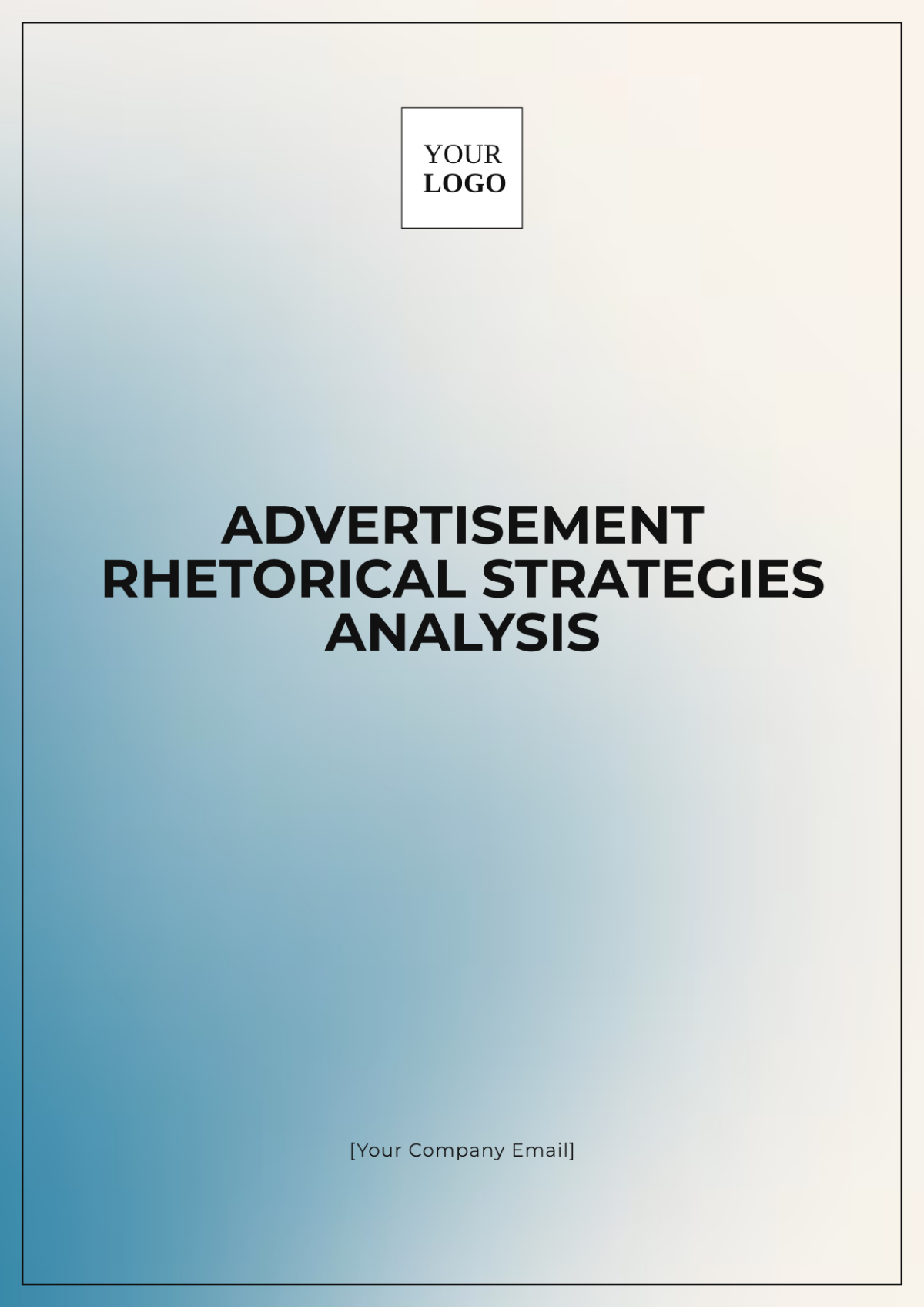PROFESSIONAL REGULATORY MARKET ANALYSIS
Prepared By: [Your Name]
Date:[Date]
Introduction
The professional regulatory market encompasses a wide range of regulations governing various professions and industries. This analysis aims to provide a comprehensive overview of the current landscape, key factors influencing this market, and emerging trends. The objective is to inform stakeholders and guide strategic decision-making processes.
Current Market Overview
The professional regulatory market is characterized by a complex array of systems and institutions responsible for the oversight of professional standards, practices, and ethical conduct. This market includes regulatory bodies, standard-setting organizations, and compliance agencies that ensure professionals adhere to statutory requirements and maintain public trust.
Key Regulatory Bodies
Healthcare: The American Medical Association (AMA), The Joint Commission
Finance: The Securities and Exchange Commission (SEC), Financial Industry Regulatory Authority (FINRA)
Legal: The American Bar Association (ABA), various state bar associations
Engineering: The National Society of Professional Engineers (NSPE)
Market Size and Growth
According to recent industry reports, the professional regulatory market is experiencing moderate growth, driven by increasing legal requirements and globalization. The demand for regulatory compliance services is higher in developed regions due to a robust regulatory framework. The following table illustrates the estimated market growth from 2050 to 2053:
Year | Market Size (USD Billion) | Growth Rate (%) |
|---|---|---|
2050 | 48.6 | 5.2 |
2051 | 51.0 | 4.9 |
2052 | 53.4 | 4.7 |
2053 | 55.8 | 4.5 |
Key Factors Influencing the Market
Technological Advancements
Technological innovations are profoundly affecting the professional regulatory market. Automation and artificial intelligence streamline compliance processes, reduce errors, and generate actionable insights. Moreover, digital platforms enhance regulatory transparency and accessibility, simplifying the experience for professionals and organizations.
Globalization and Cross-Border Regulations
Globalization has led to an increase in cross-border investment and international business operations, necessitating harmonized regulatory frameworks. Organizations need to navigate varying regulations across jurisdictions, which poses challenges and opportunities for regulatory bodies to align standards globally.
Emerging Professional Fields
New professions and industries are emerging, such as digital marketing, fintech, and IT security, which lack established regulatory frameworks. This creates a need for regulatory bodies to develop standards and provide oversight while adapting to rapid changes in these fields.
Trends and Future Outlook
Emphasis on Ethical Standards
There is a growing emphasis on ethical standards in professions, driven by public demand for accountability and trust. This trend is expected to influence regulatory frameworks to incorporate ethical guidelines and facilitate ethical conduct among professionals.
Data Privacy and Security
With increasing reliance on digital systems, data privacy and security have become paramount. Regulations such as the General Data Protection Regulation (GDPR) highlight the importance of safeguarding personal data, influencing regulatory requirements across various sectors.
Focus on Sustainability
Environmental sustainability is gaining traction as a regulatory consideration. Professions are being encouraged to adopt sustainable practices, and regulatory bodies are beginning to incorporate sustainability criteria into their standards and guidelines.
Conclusion
The professional regulatory market is an integral component of maintaining standards and ensuring trust across professions. As the landscape evolves, influenced by technological, global, and ethical factors, regulatory bodies must adapt to address these challenges. Stakeholders should stay informed about emerging trends and collaborate to create a coherent, efficient, and ethical regulatory environment.
